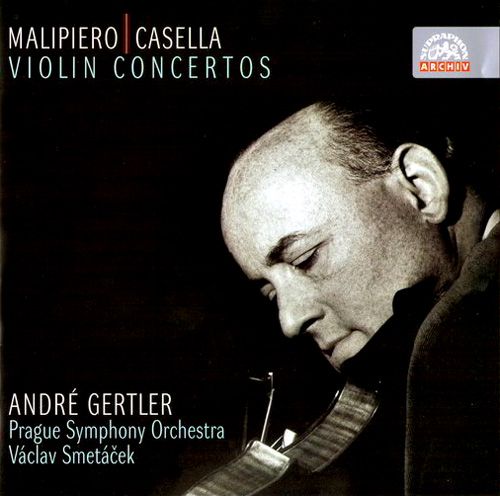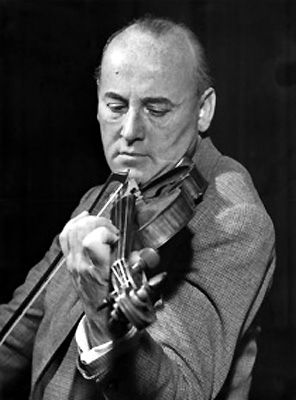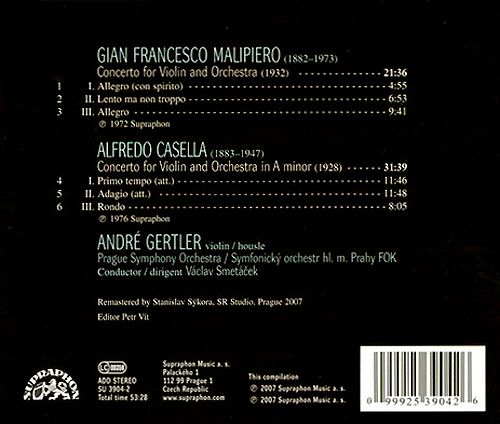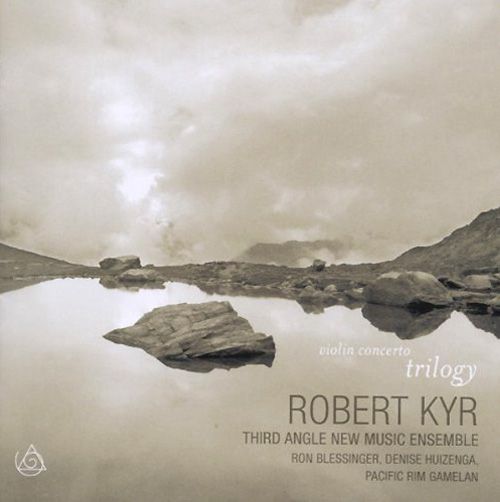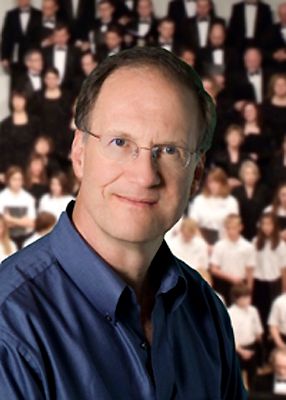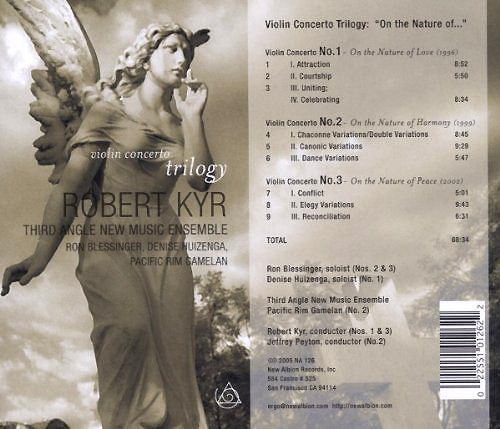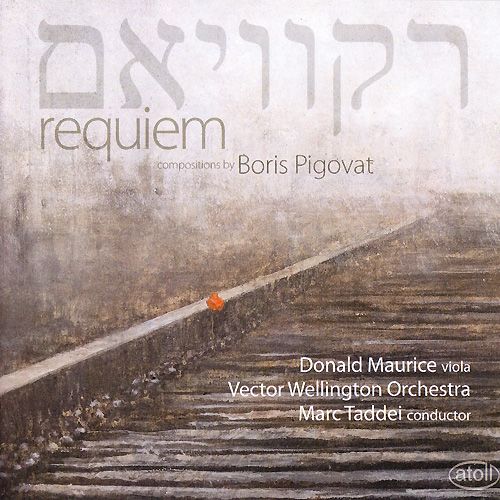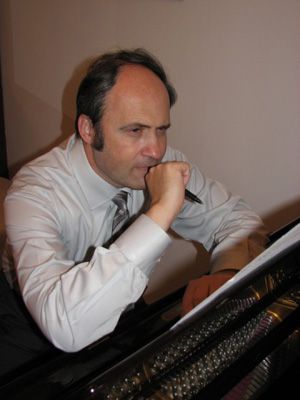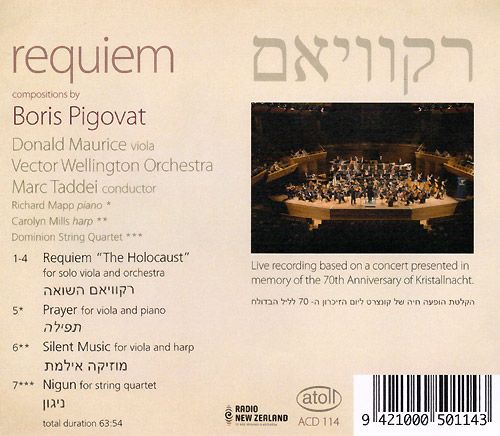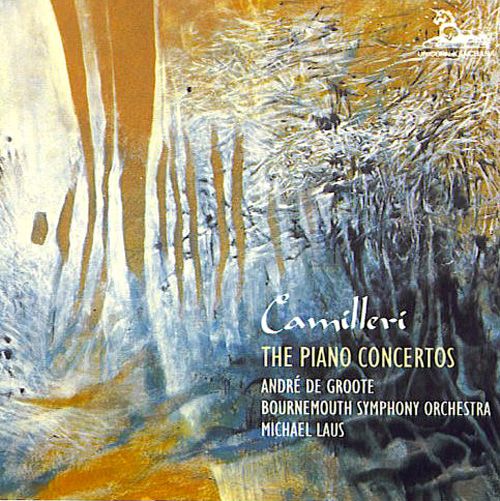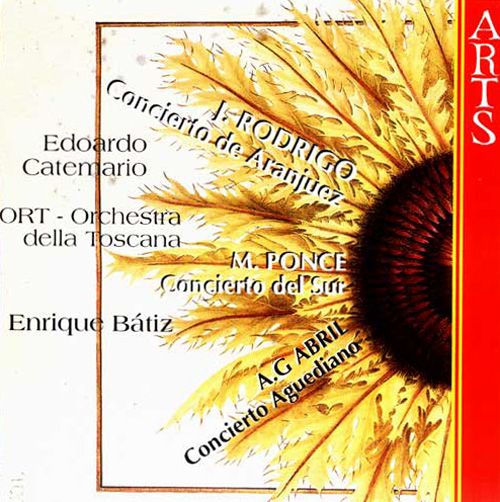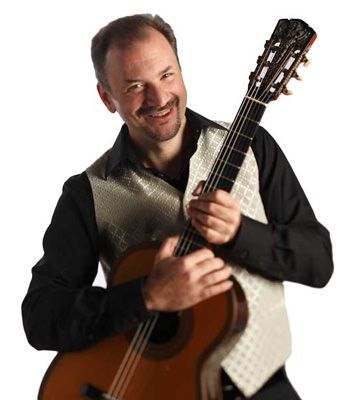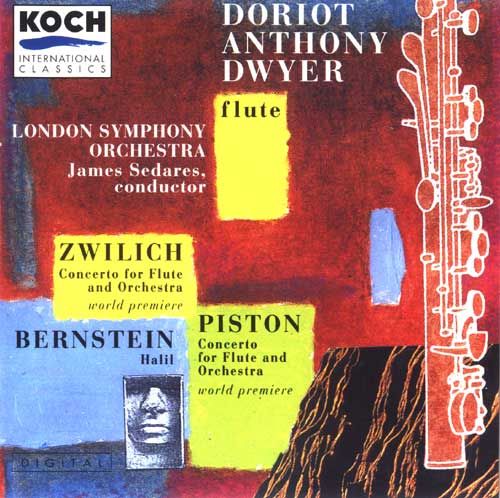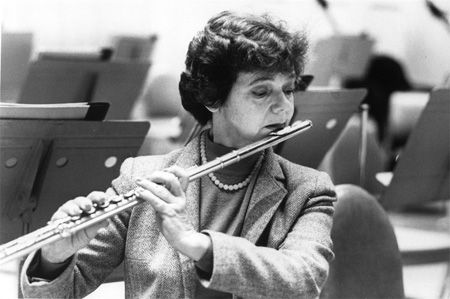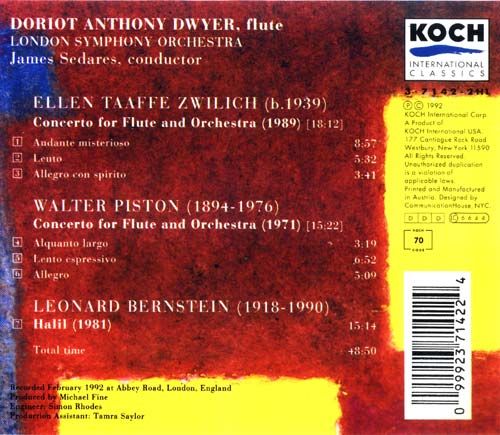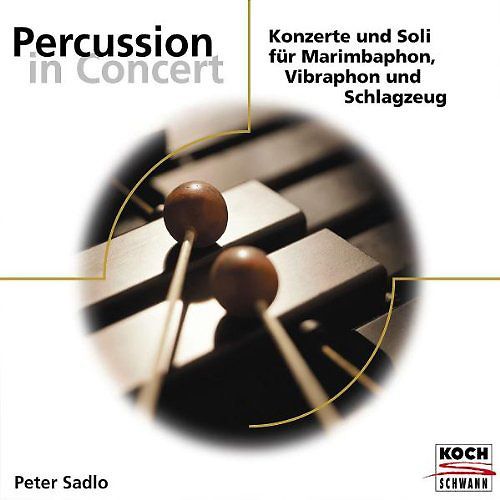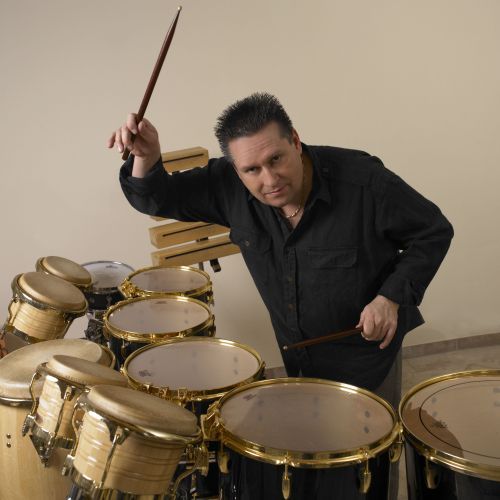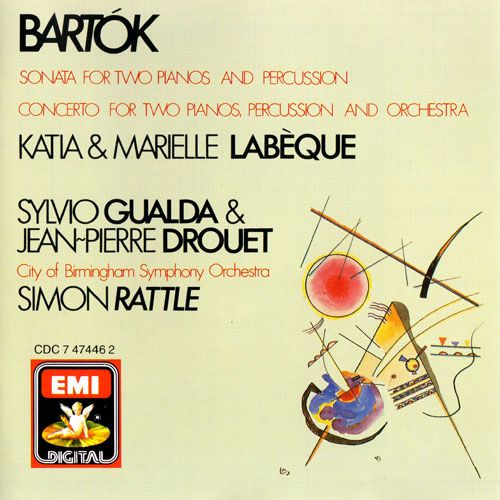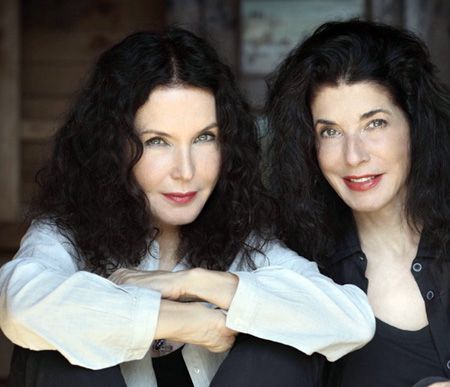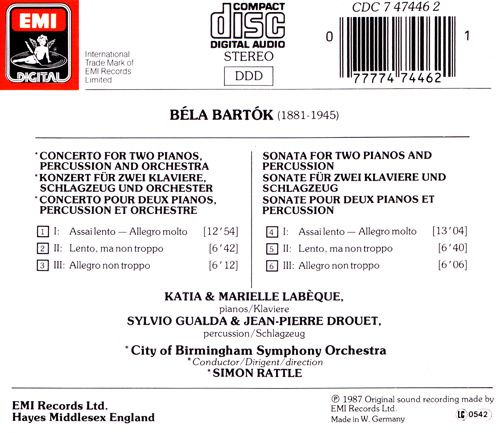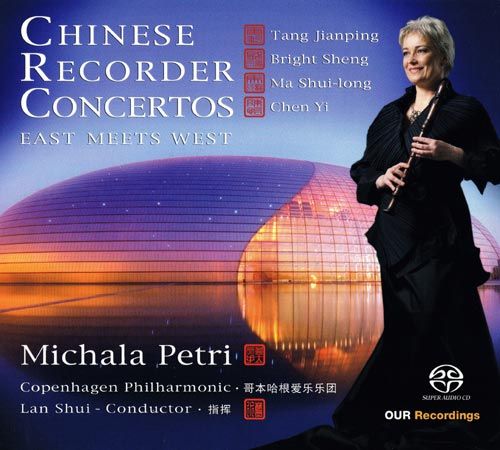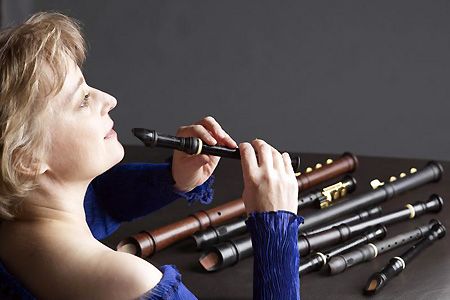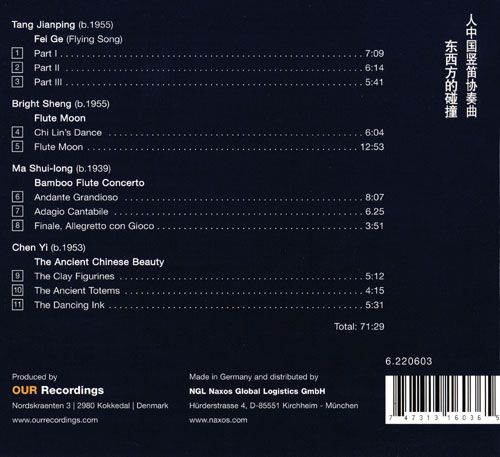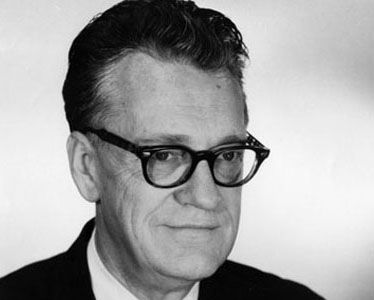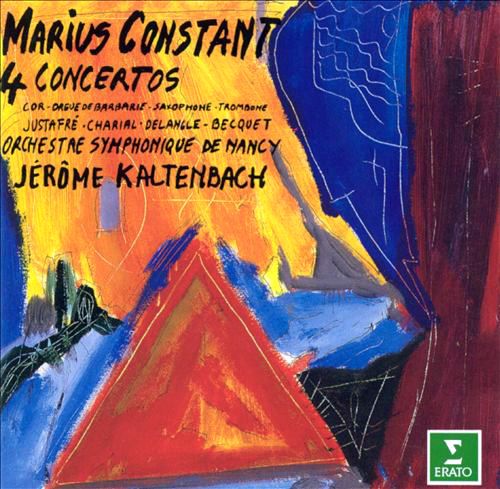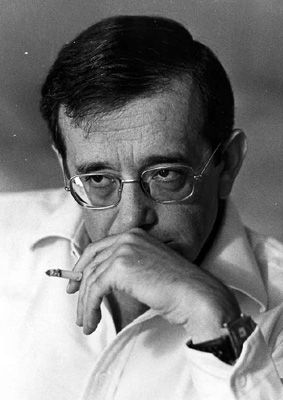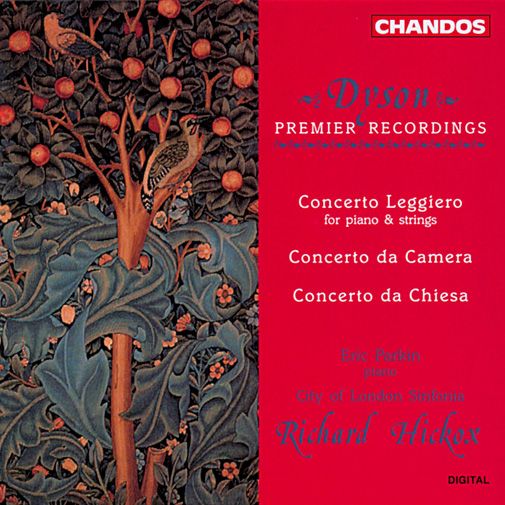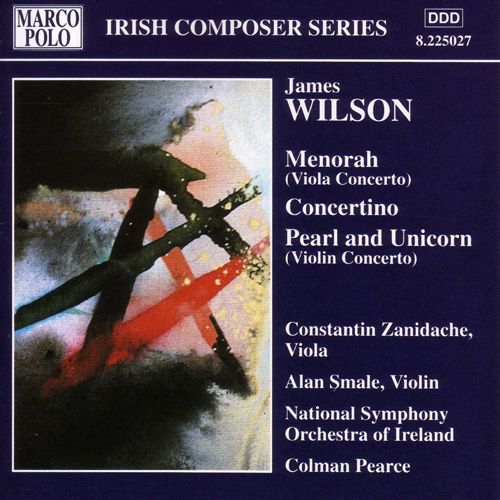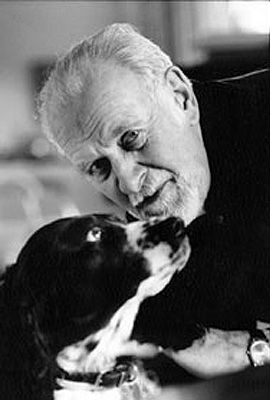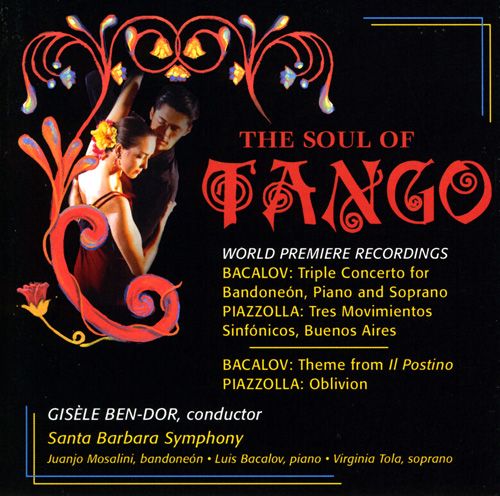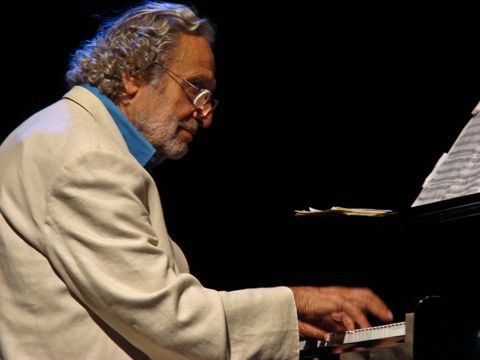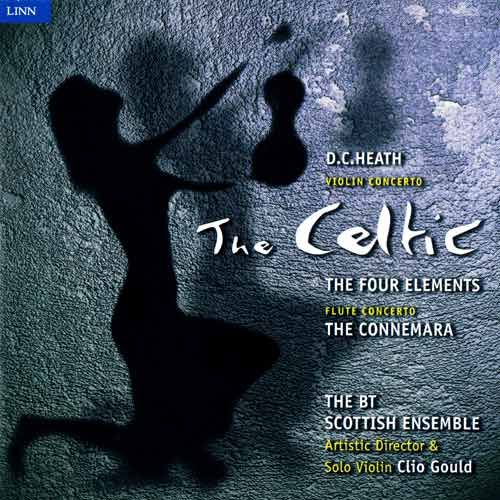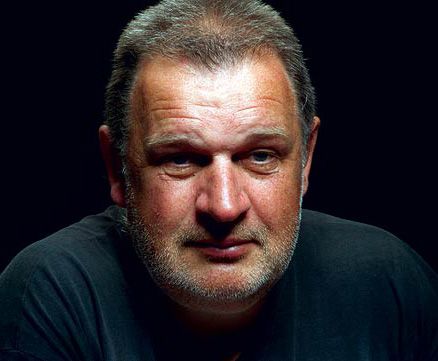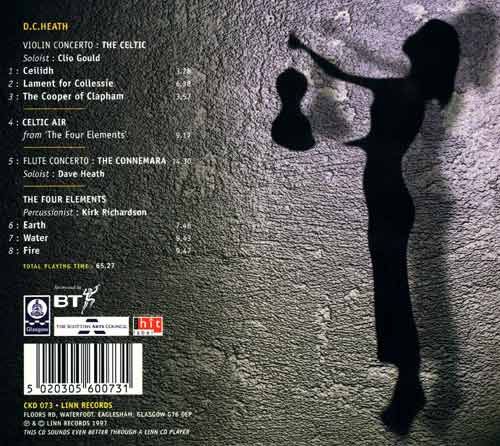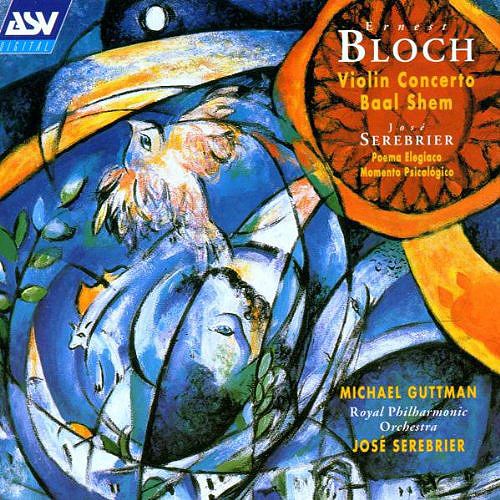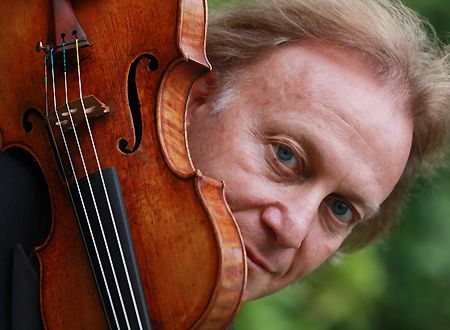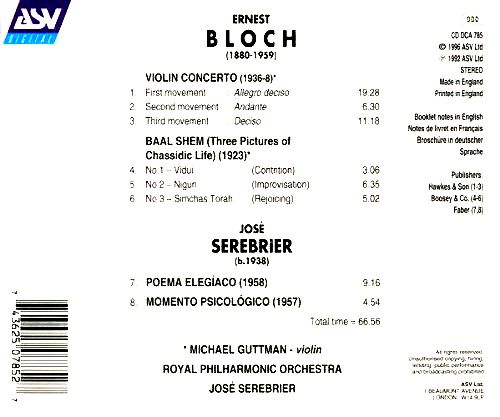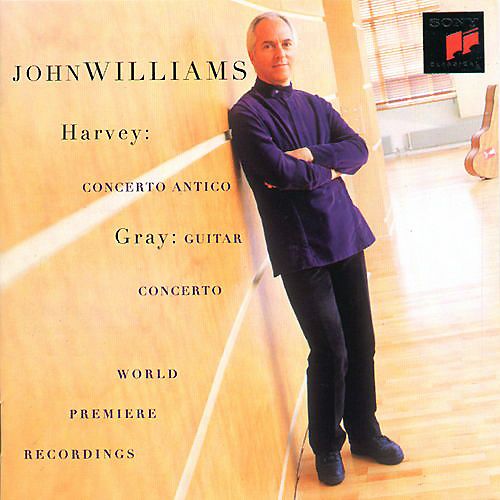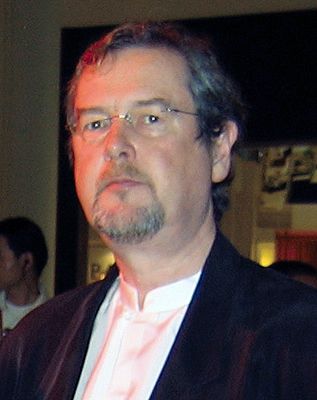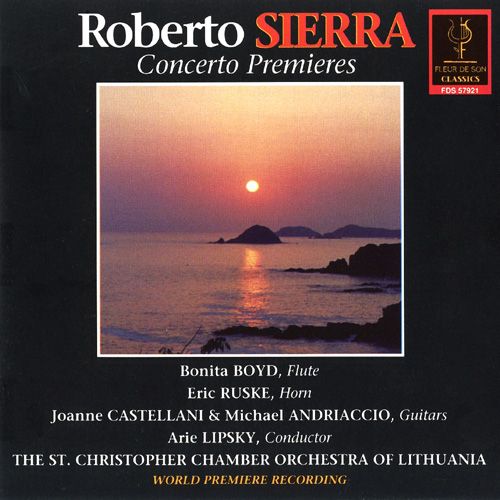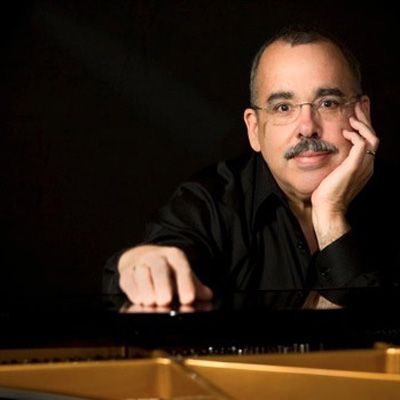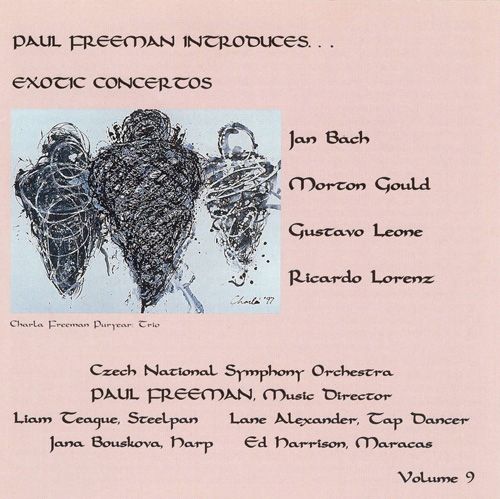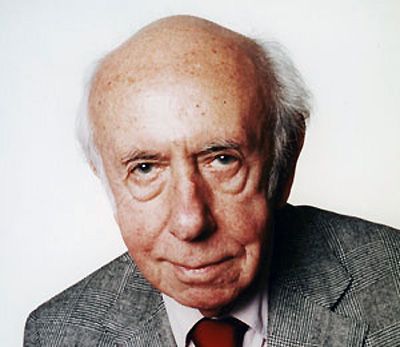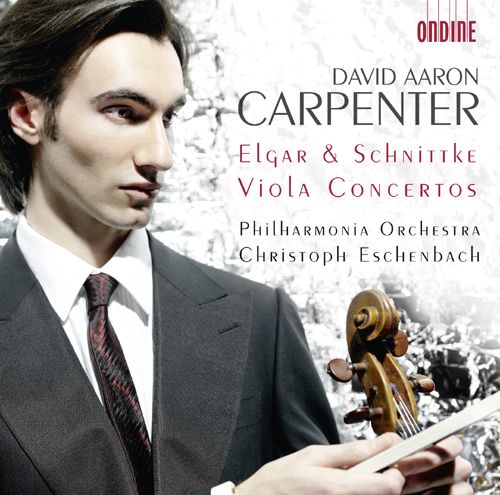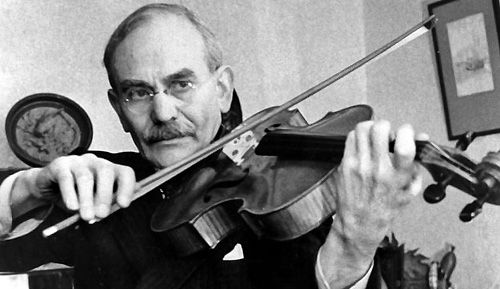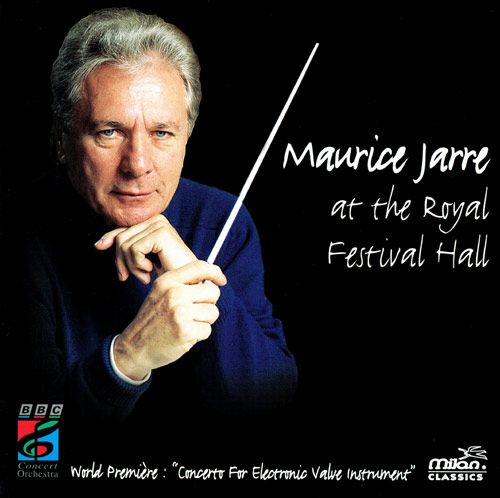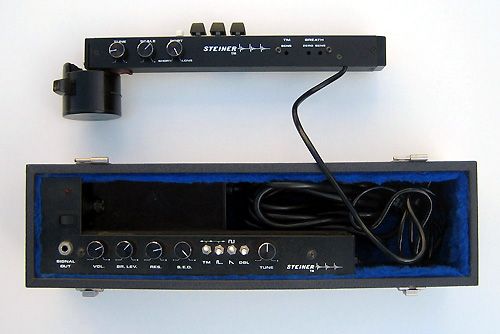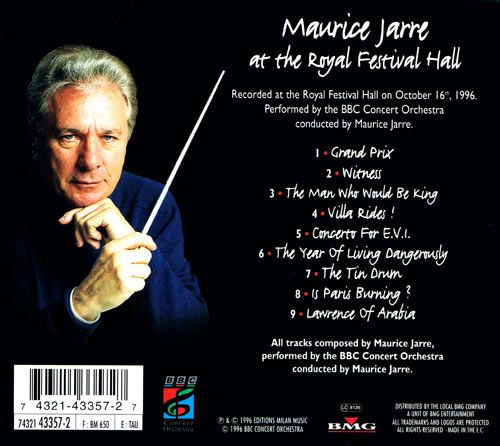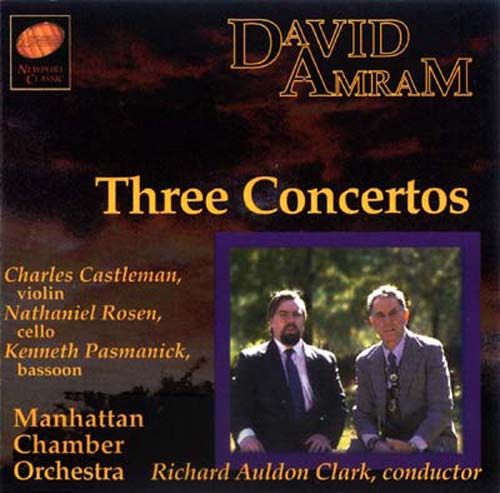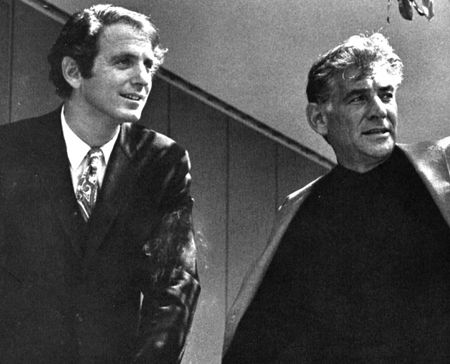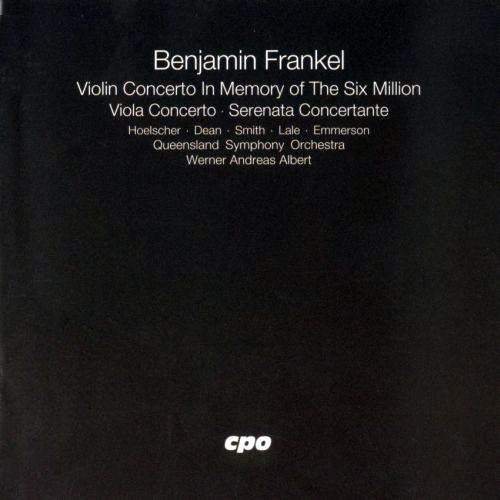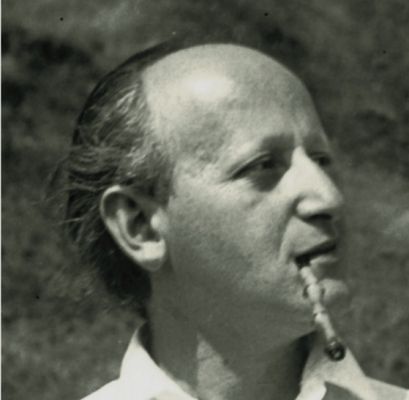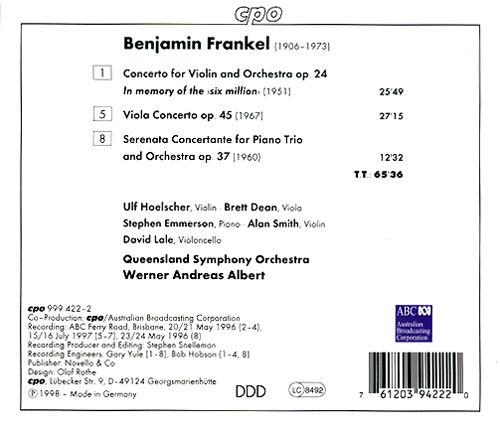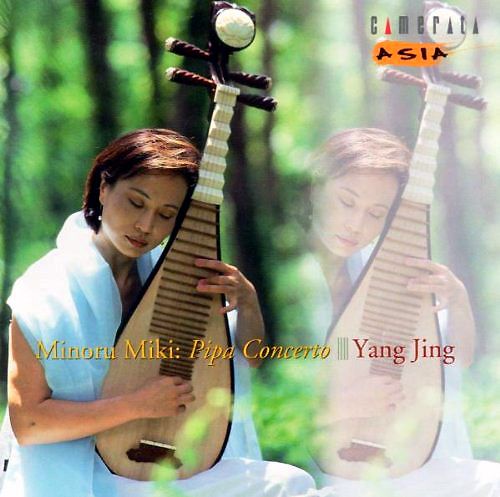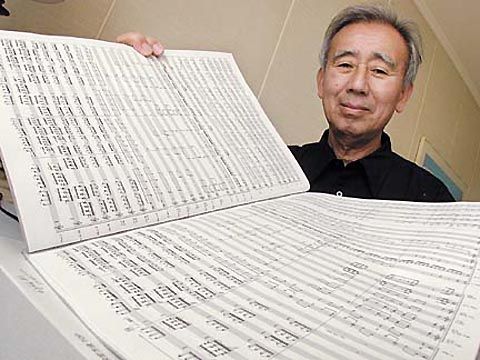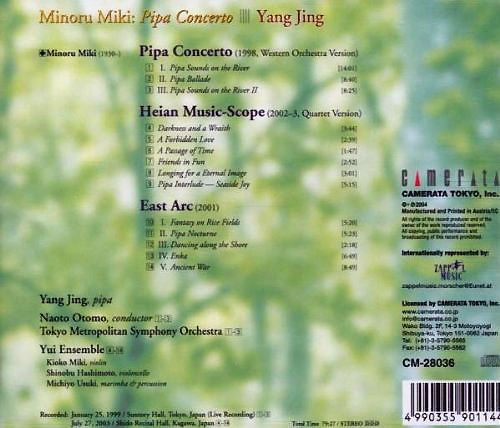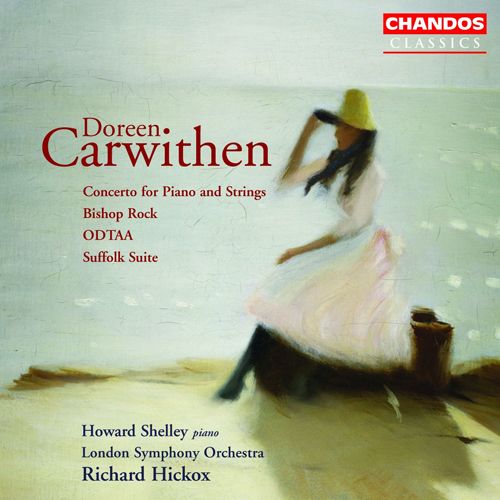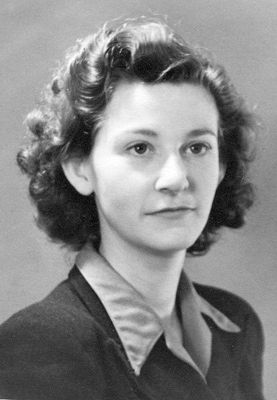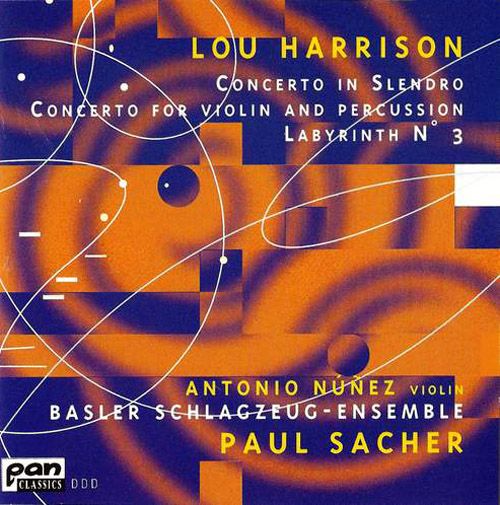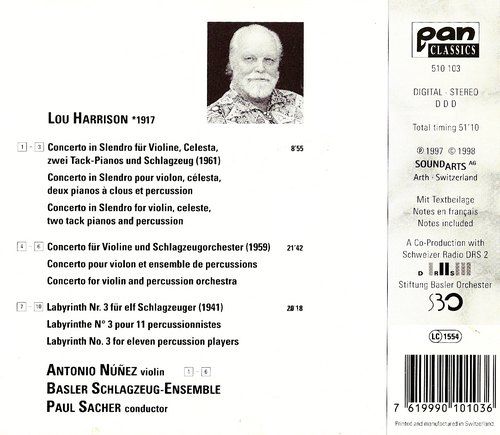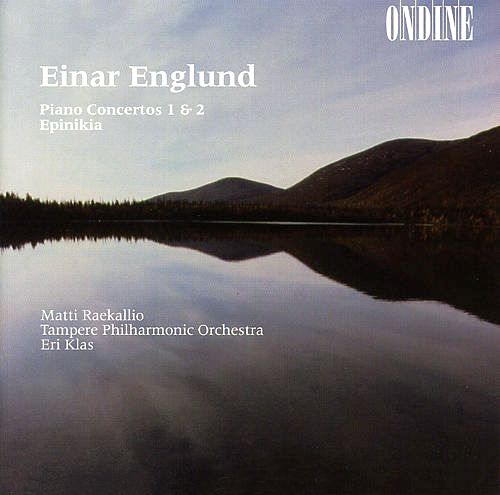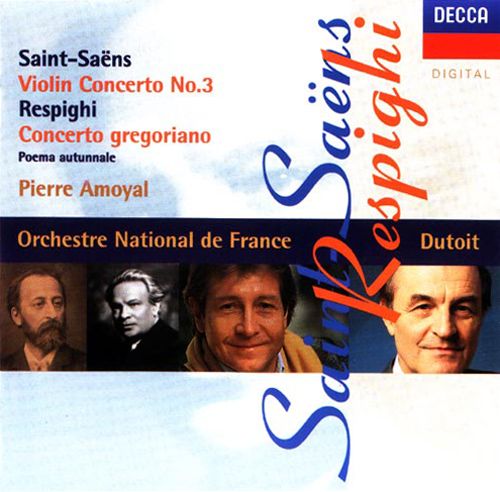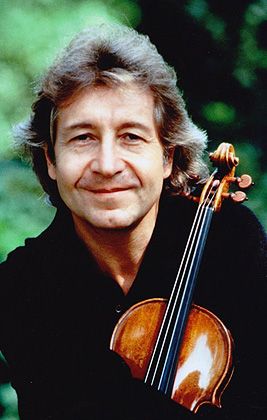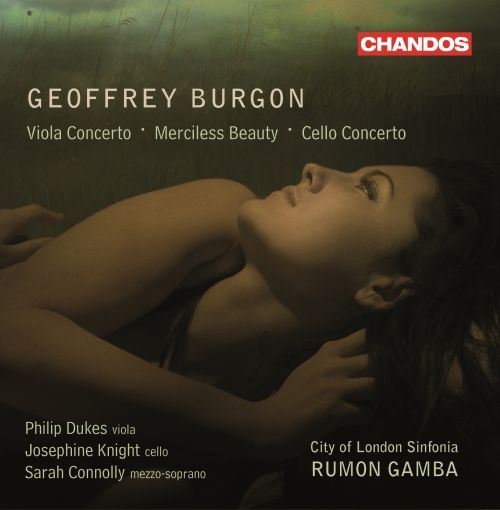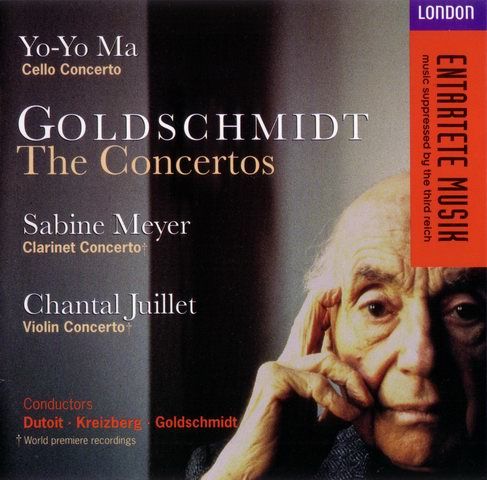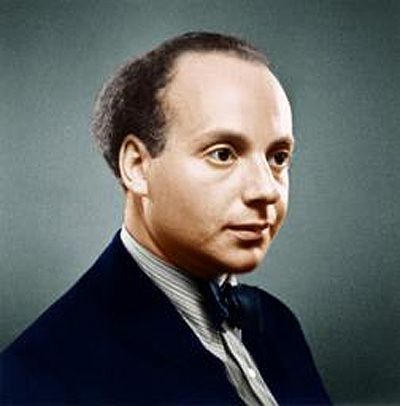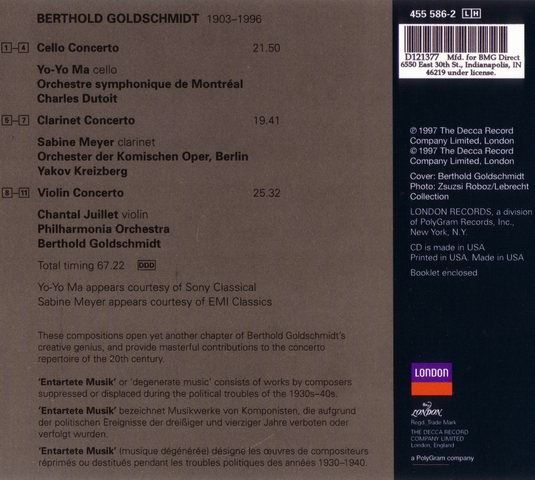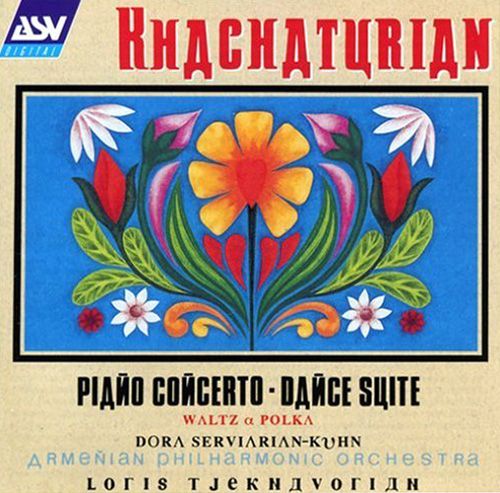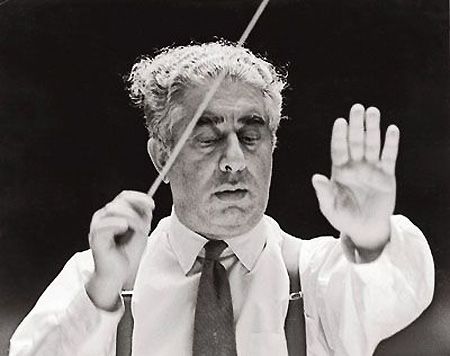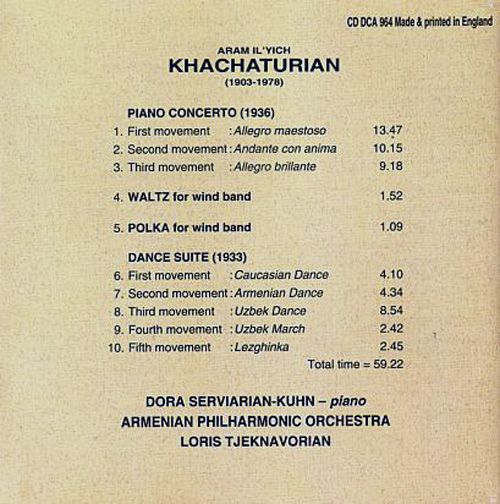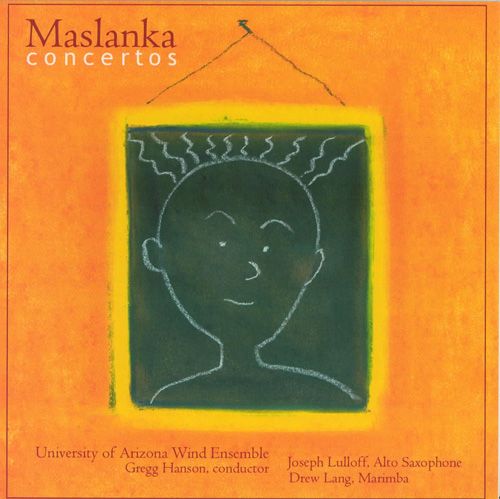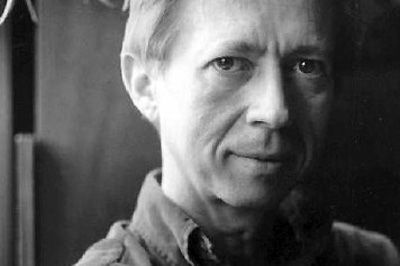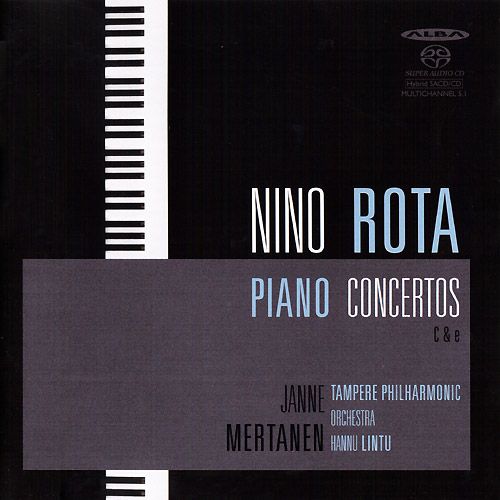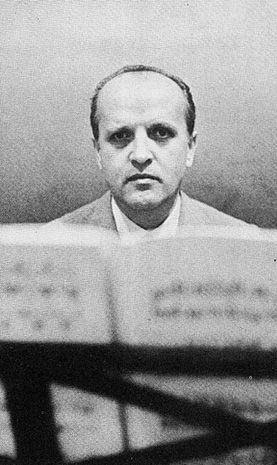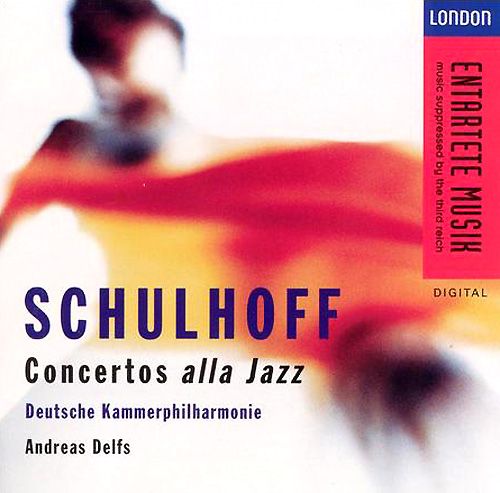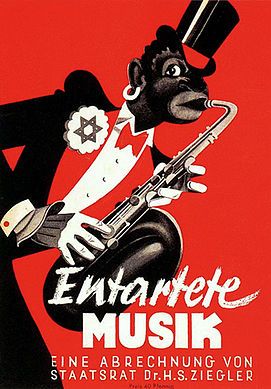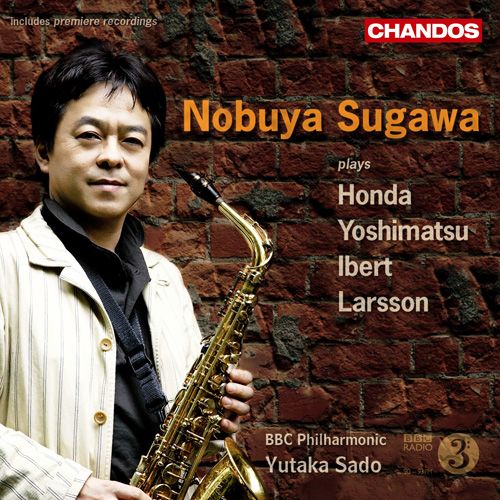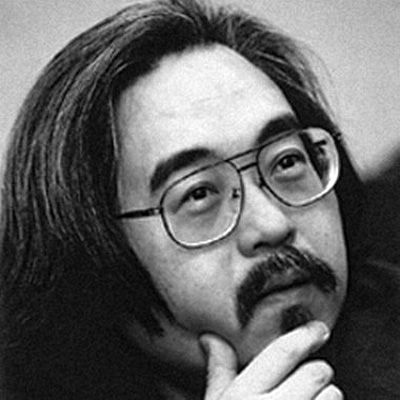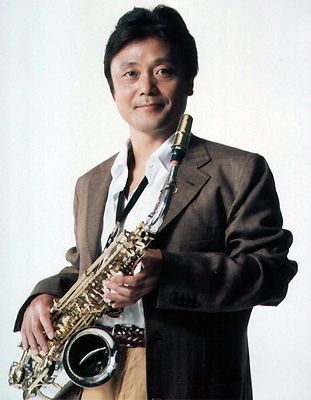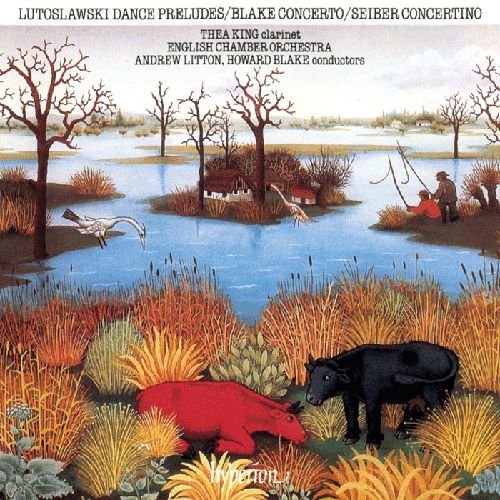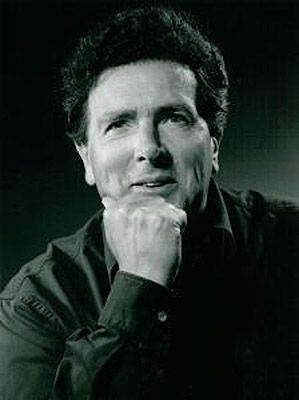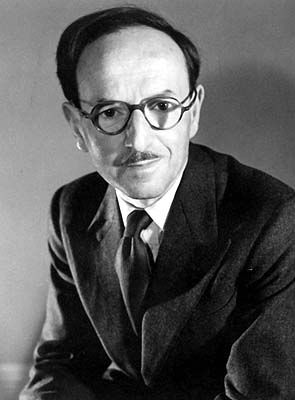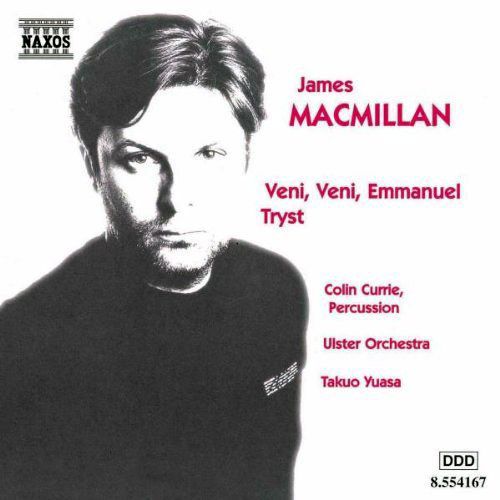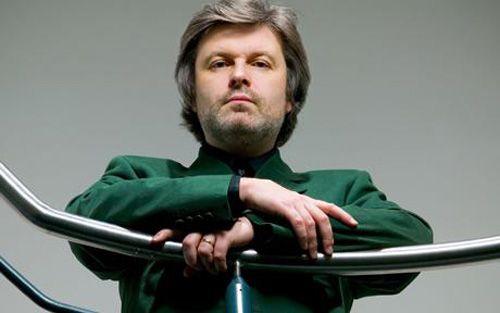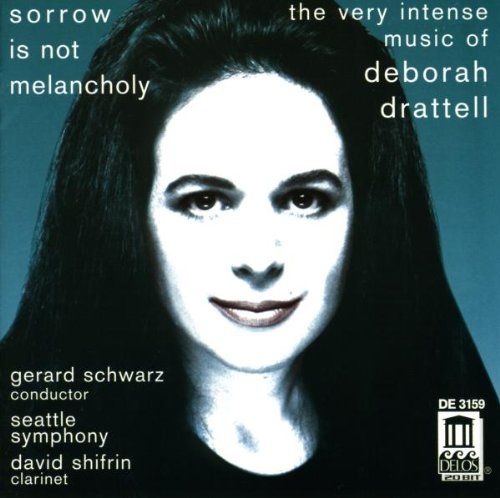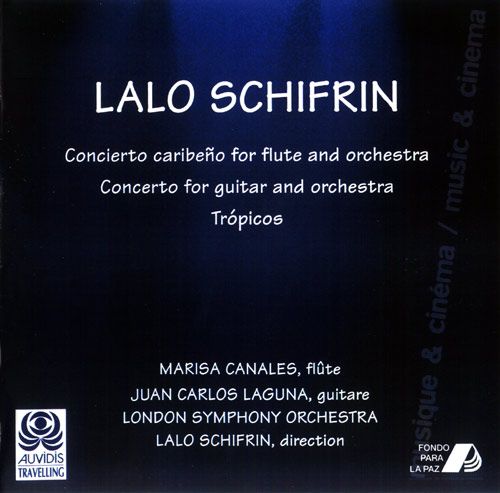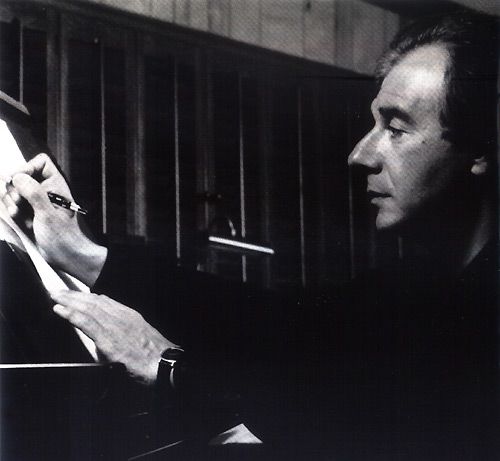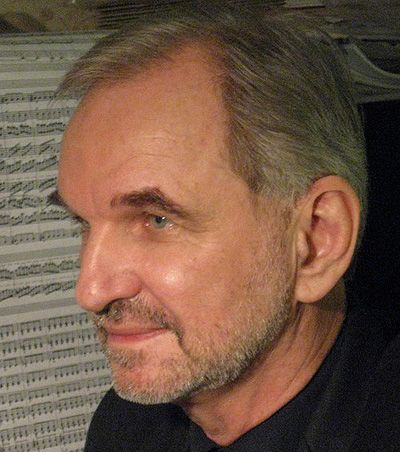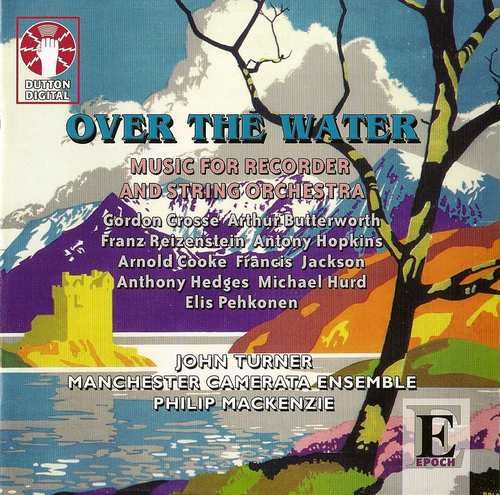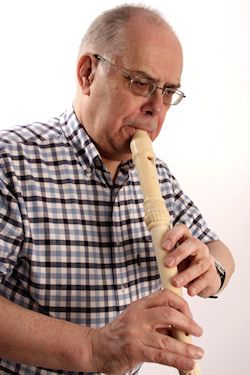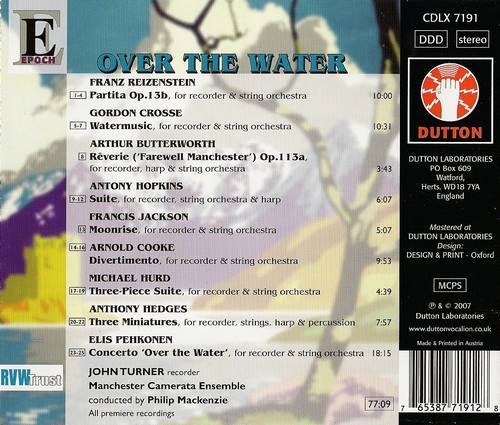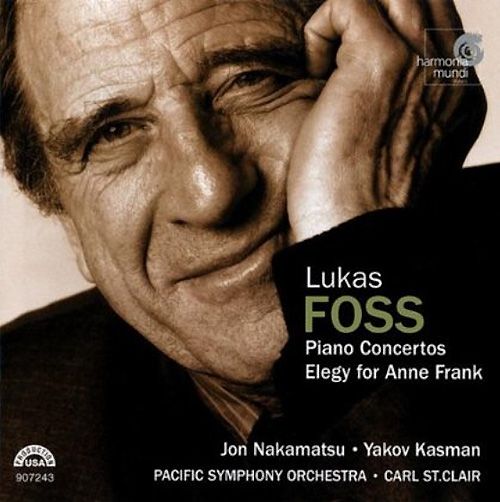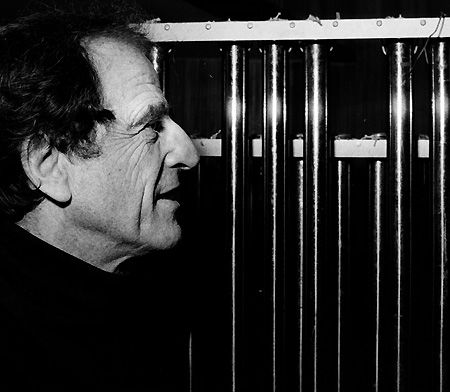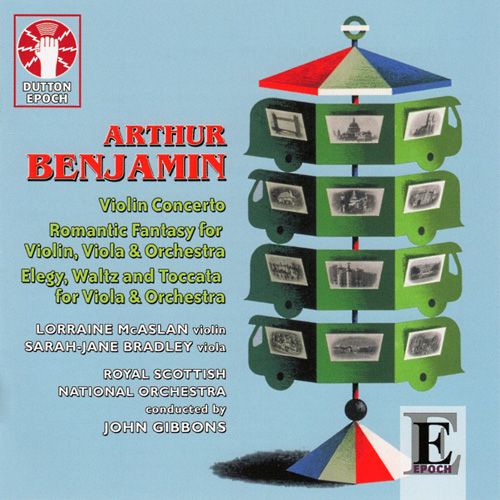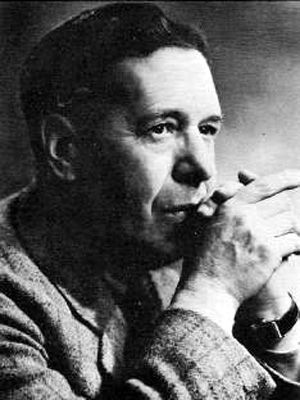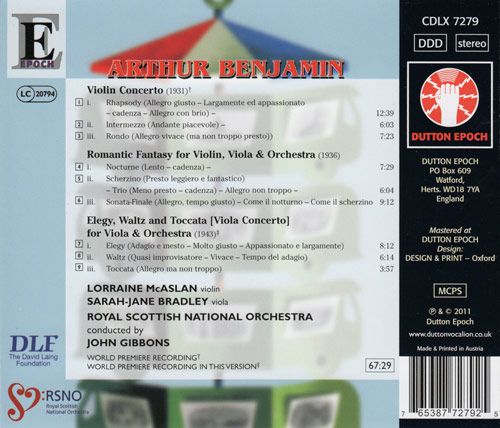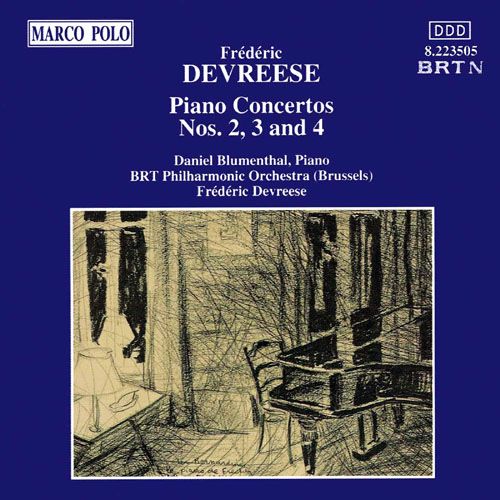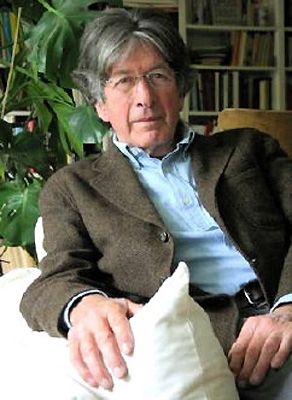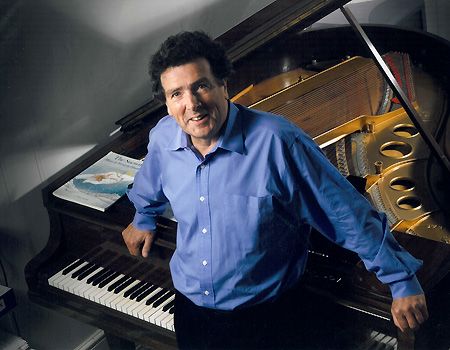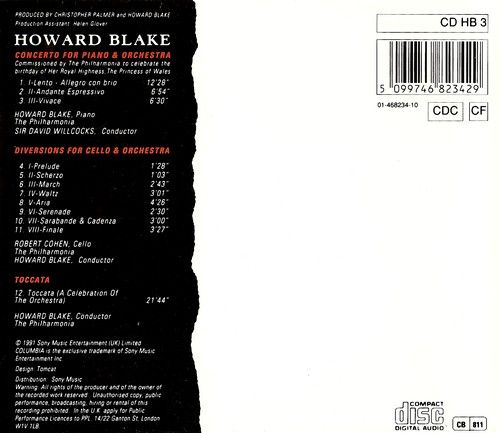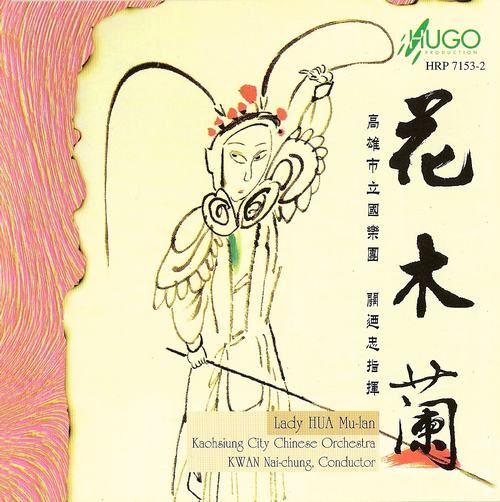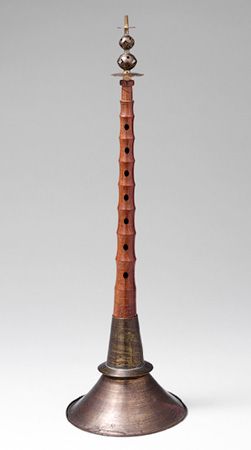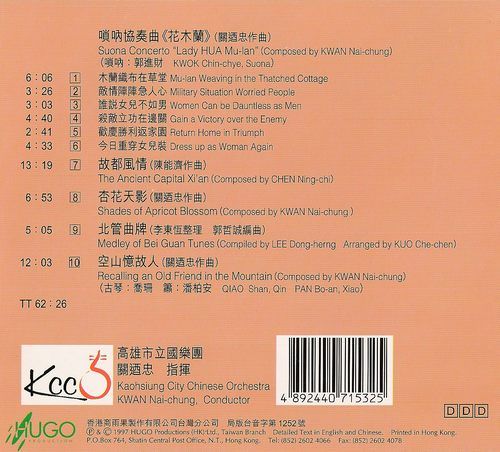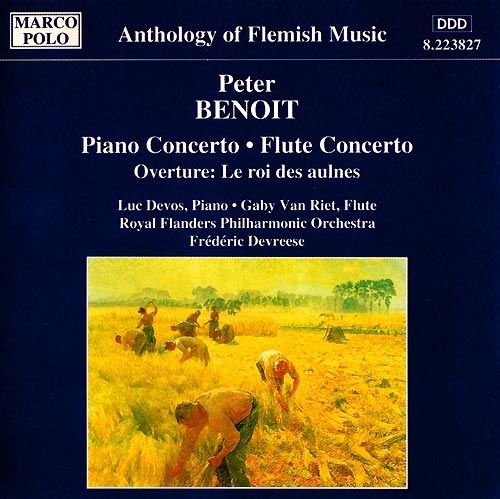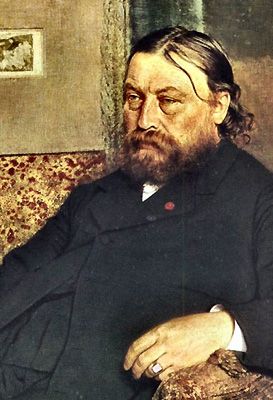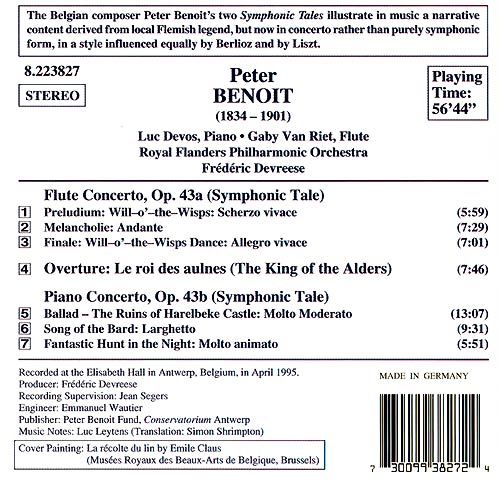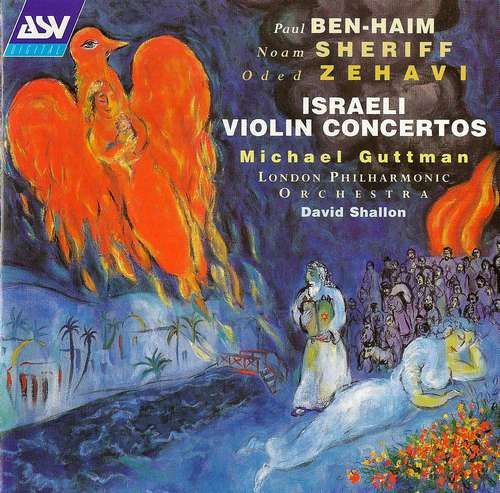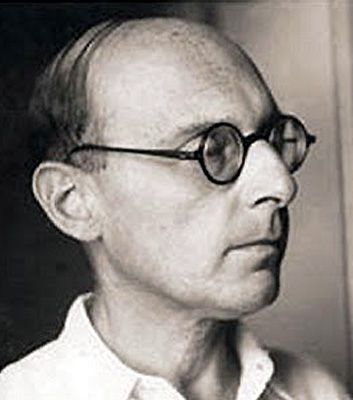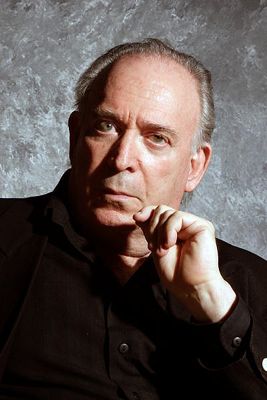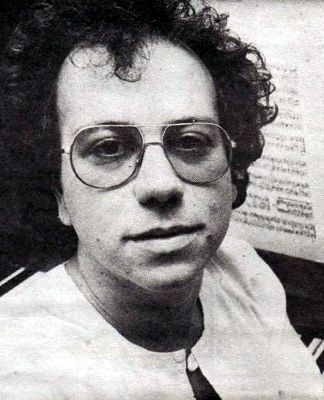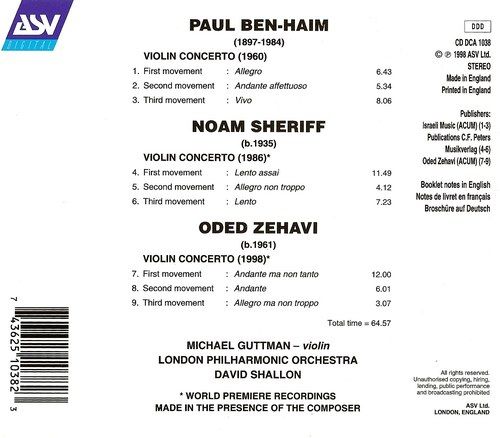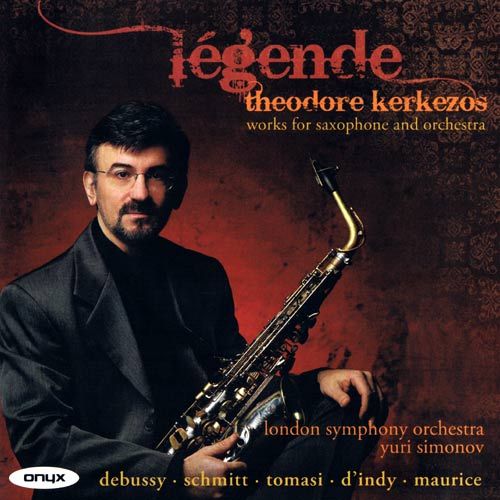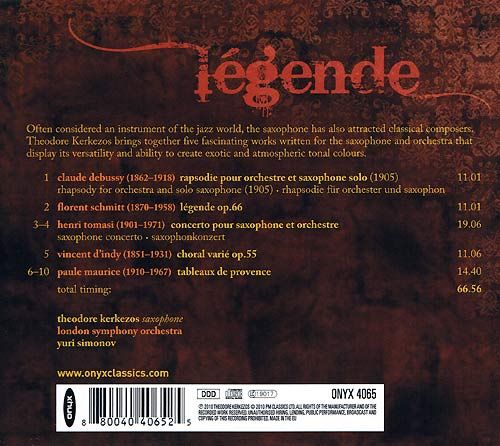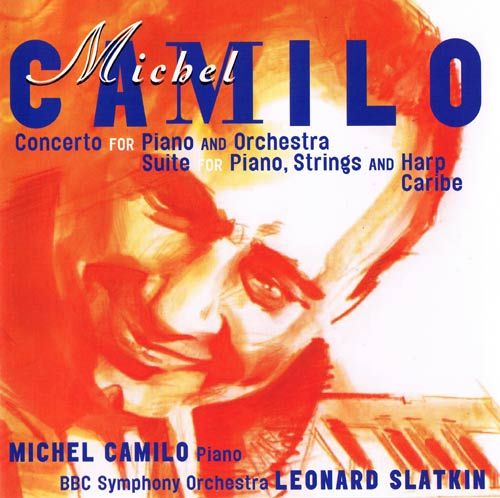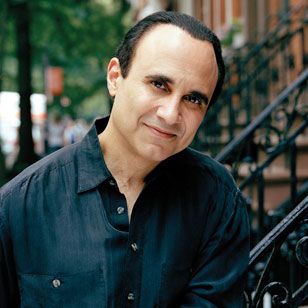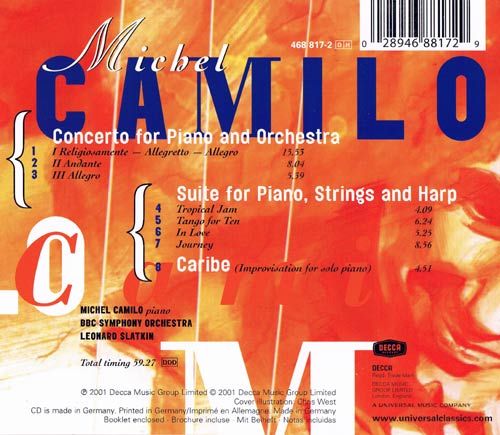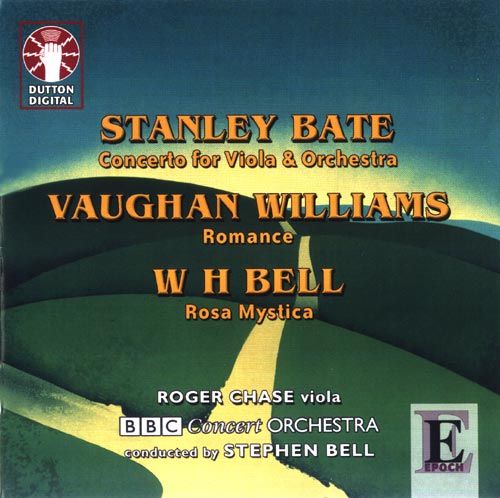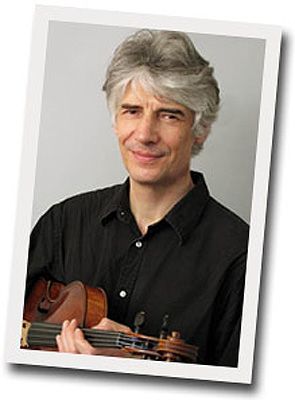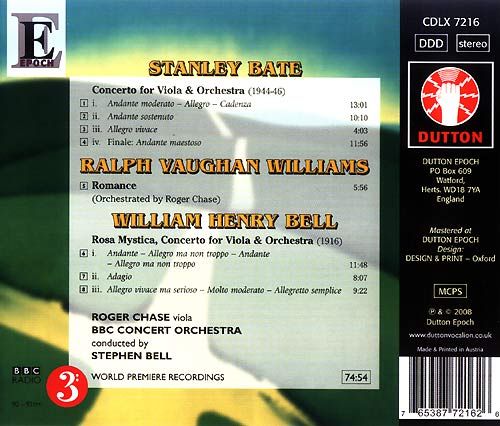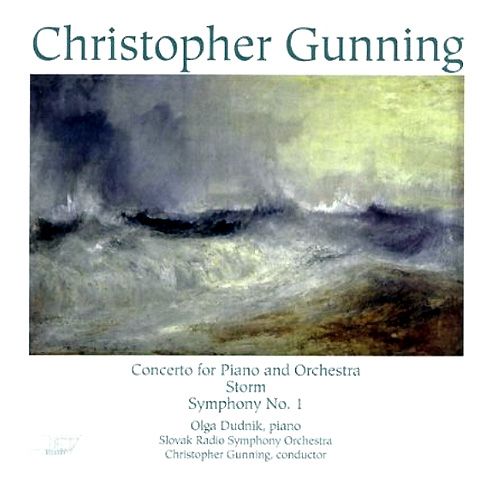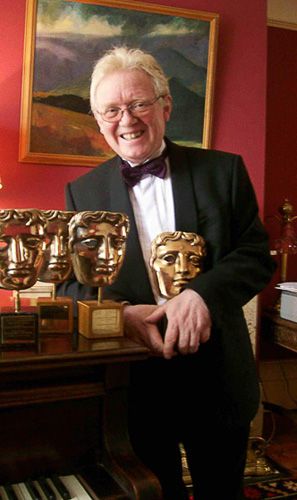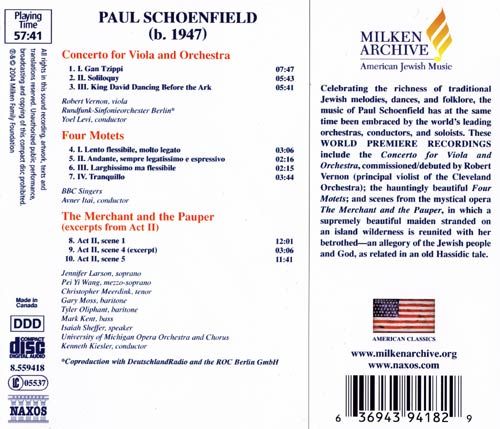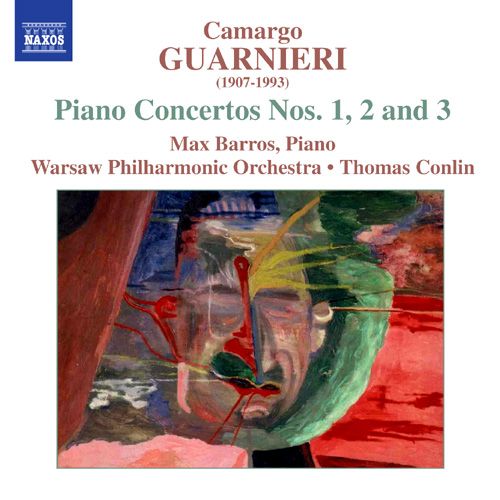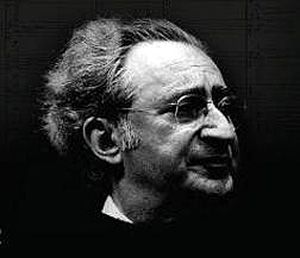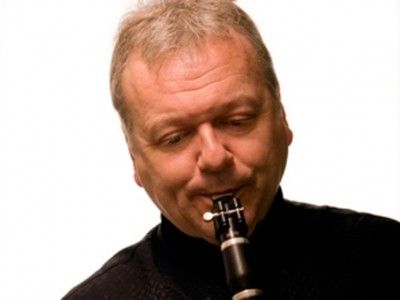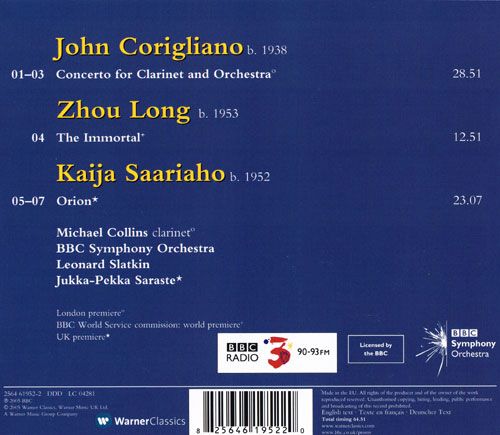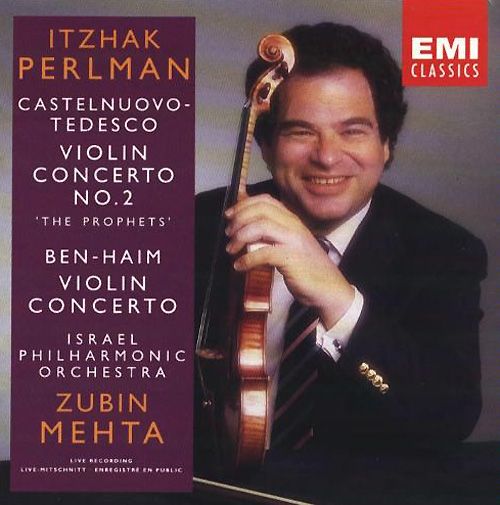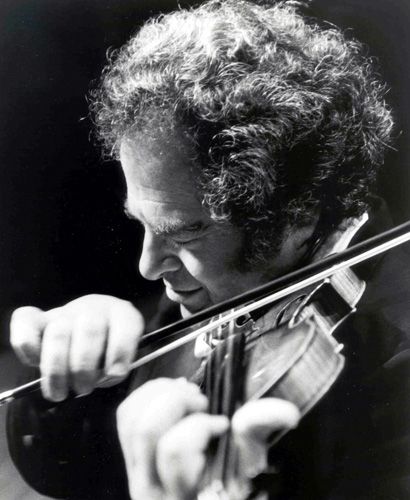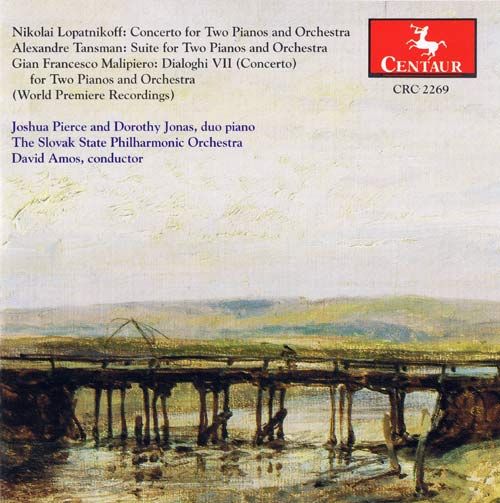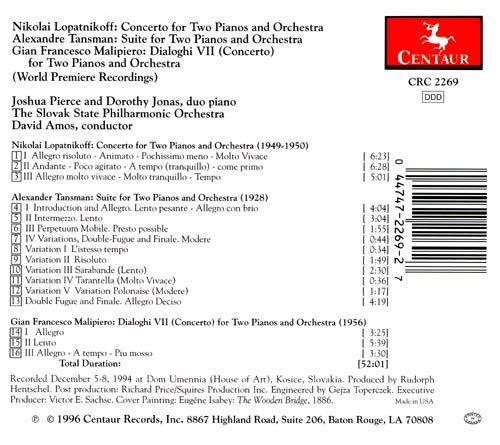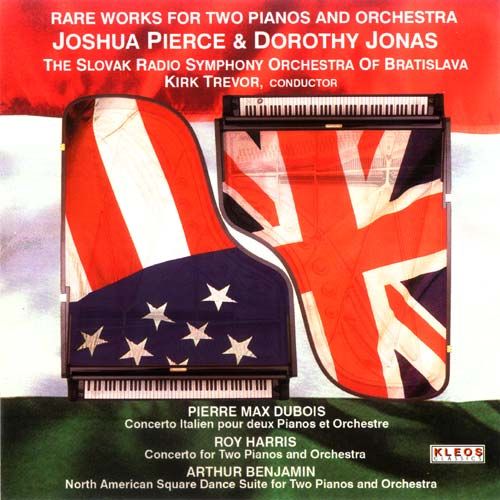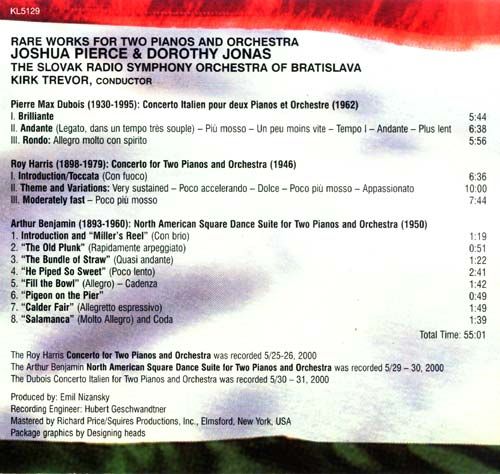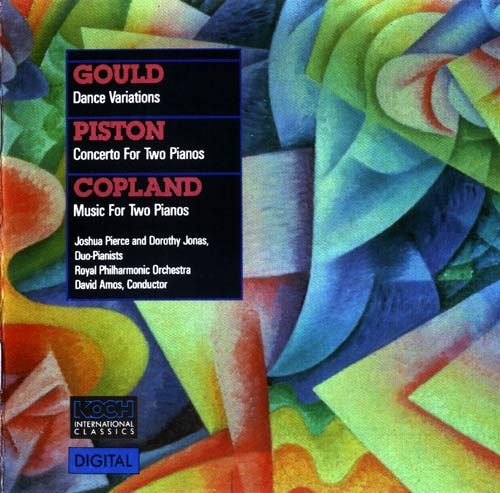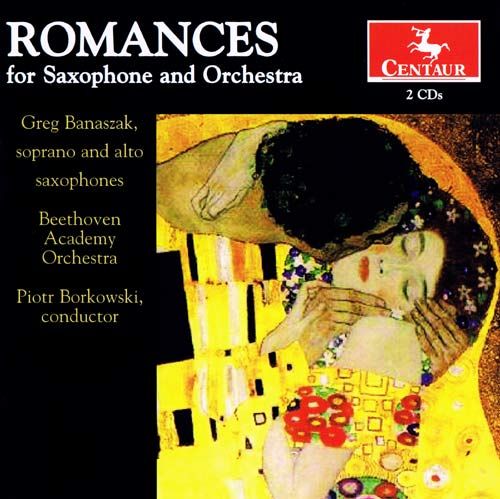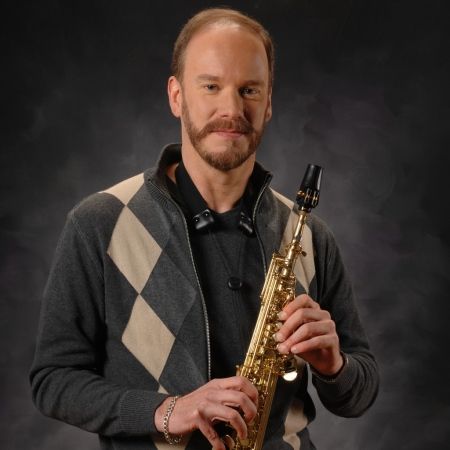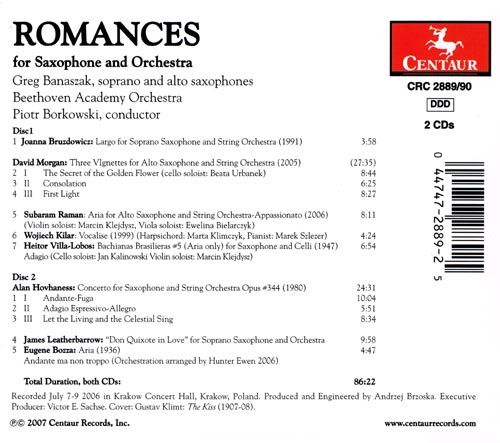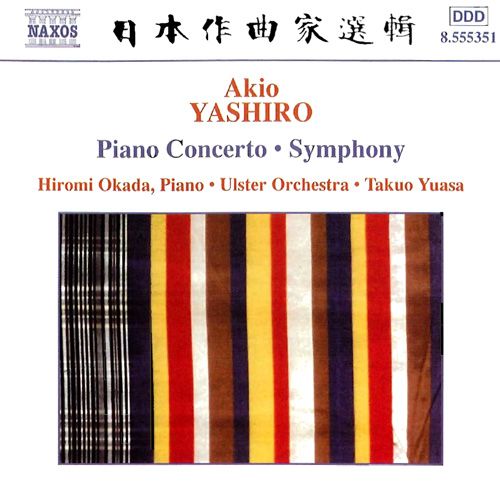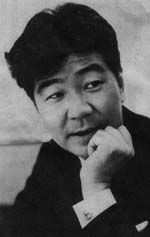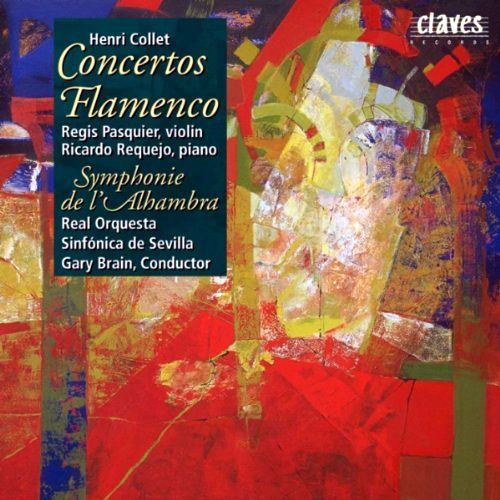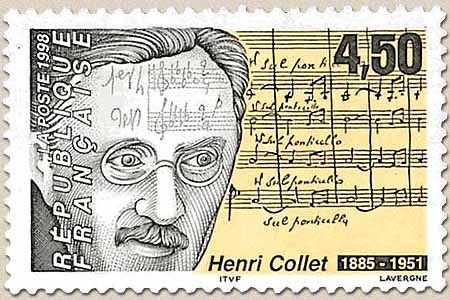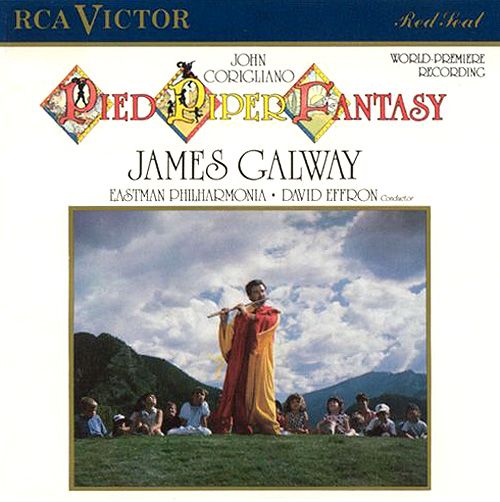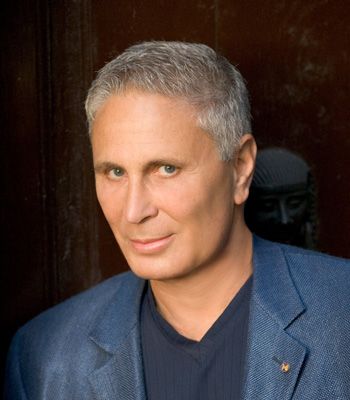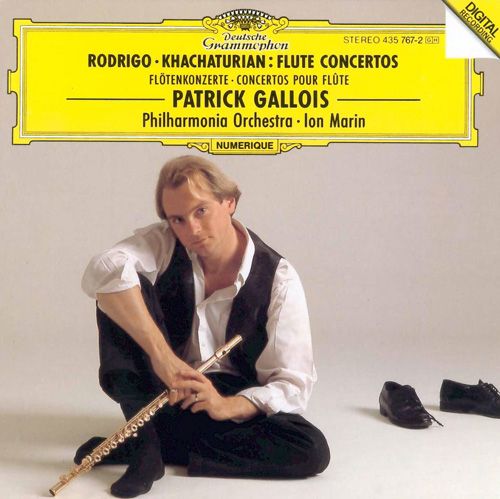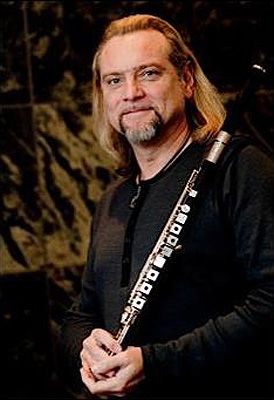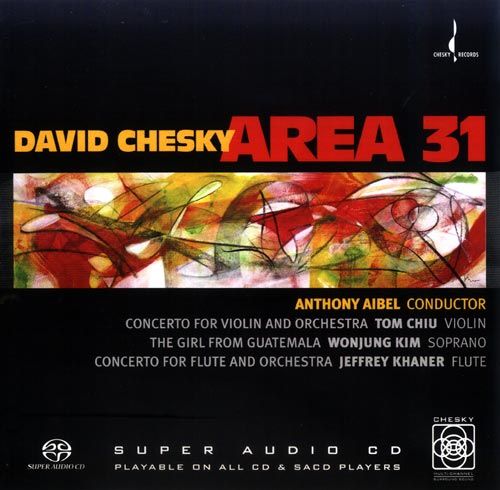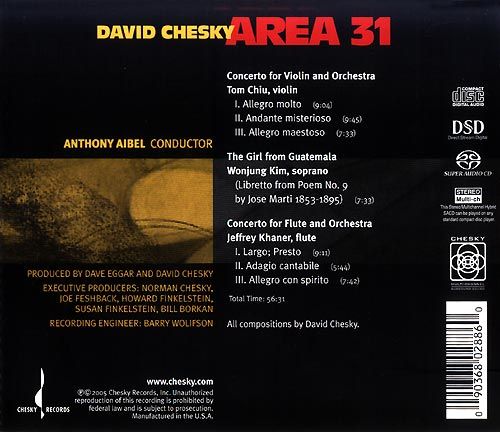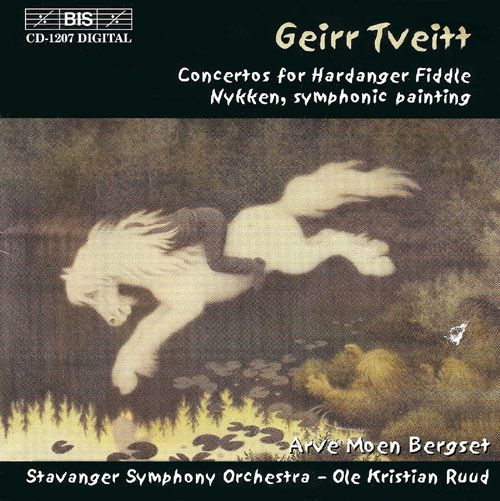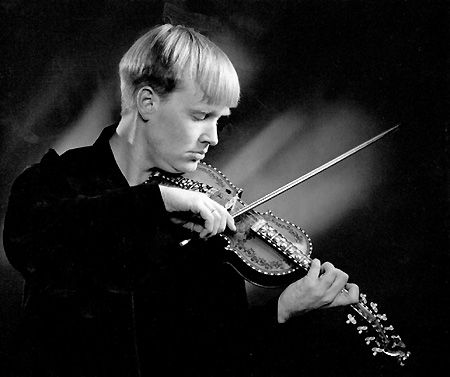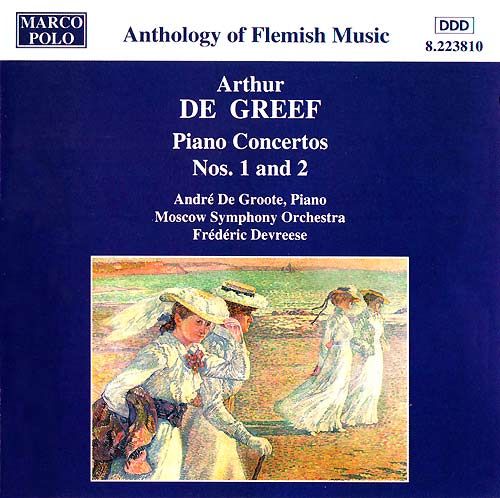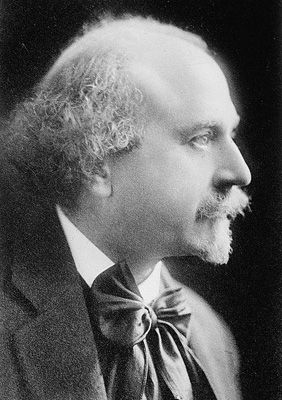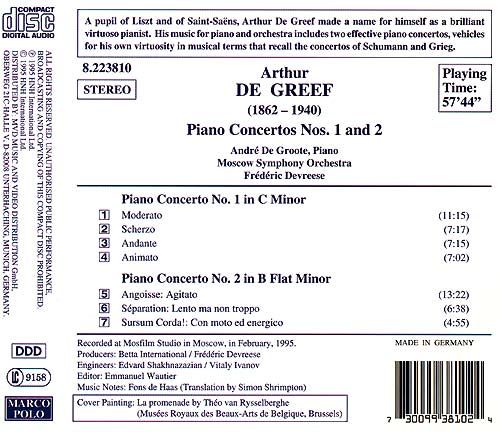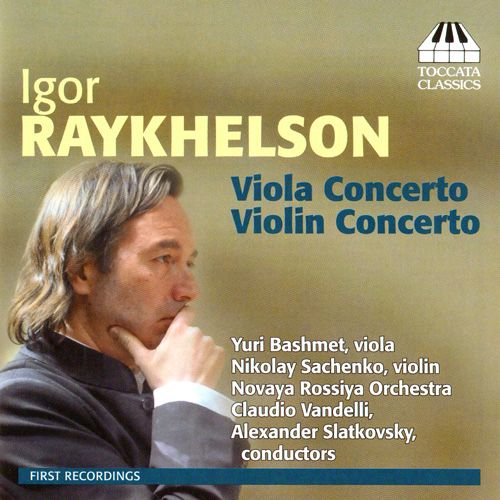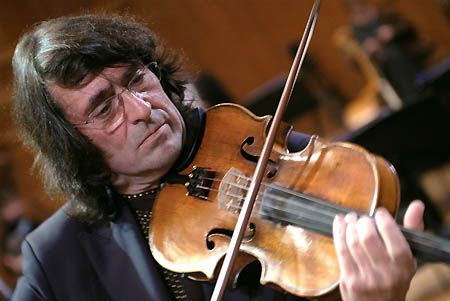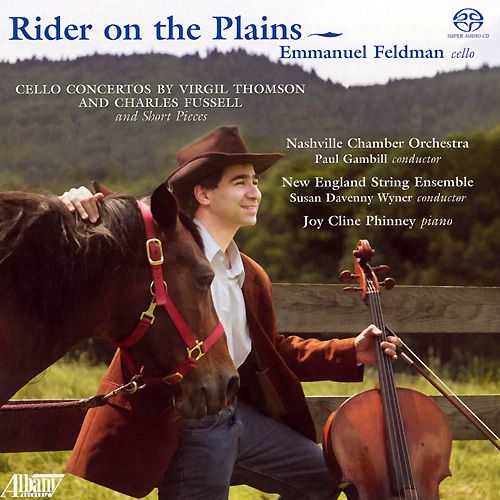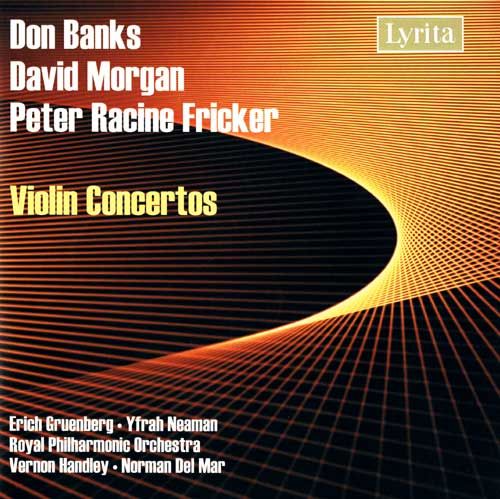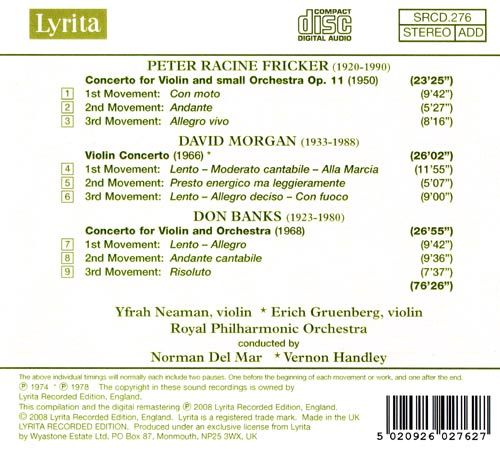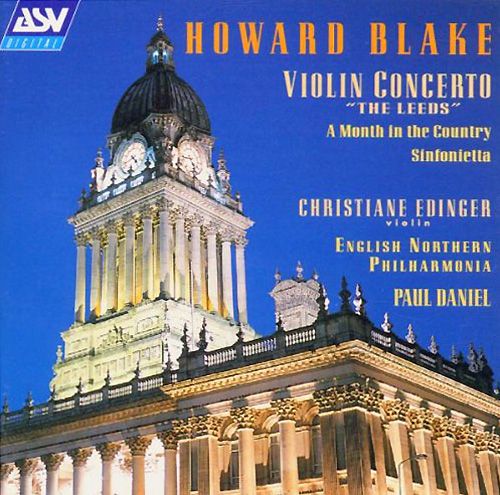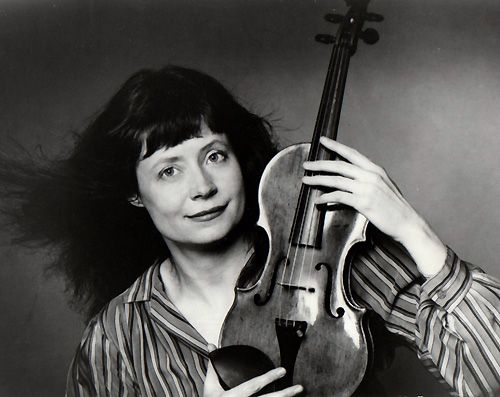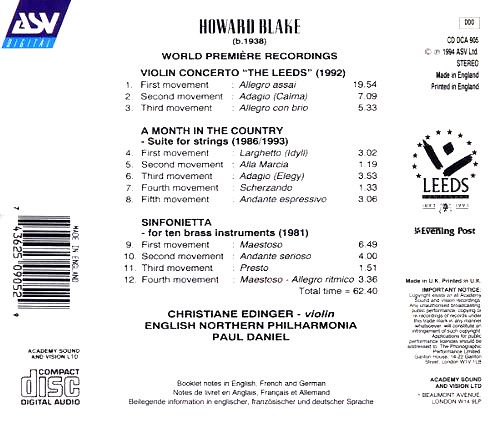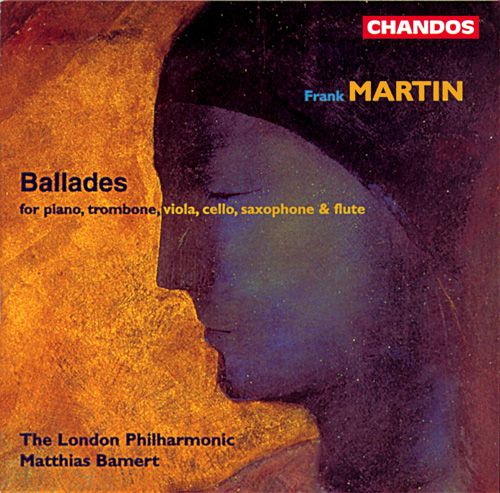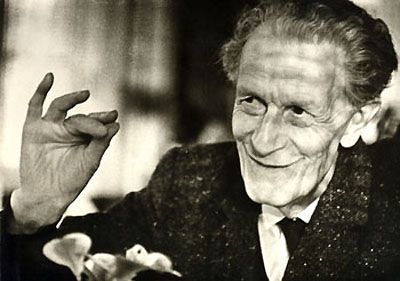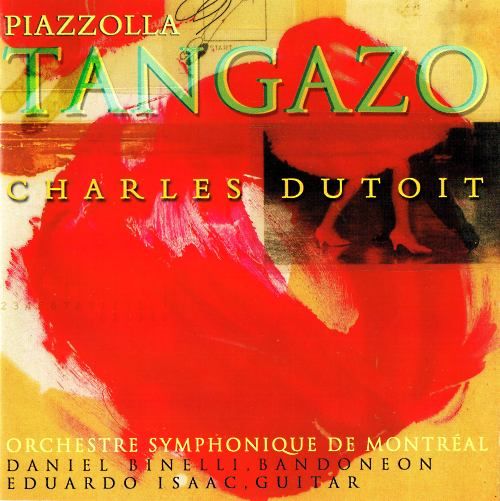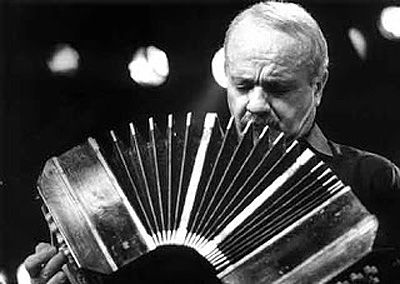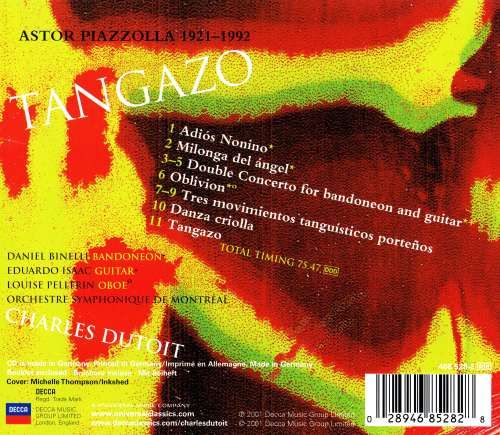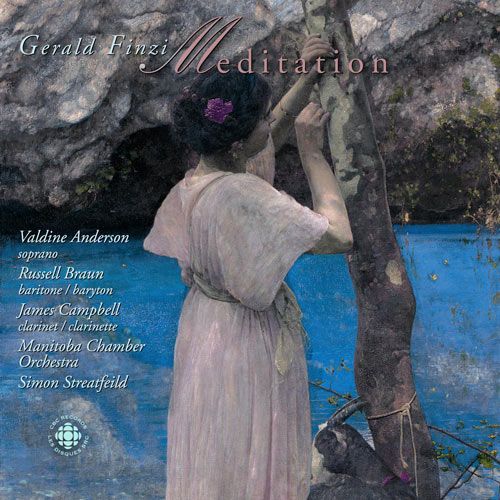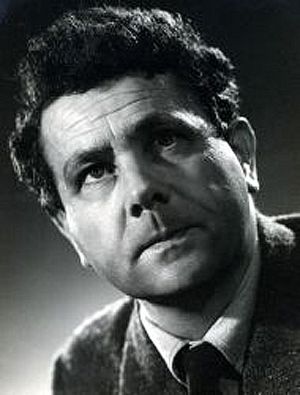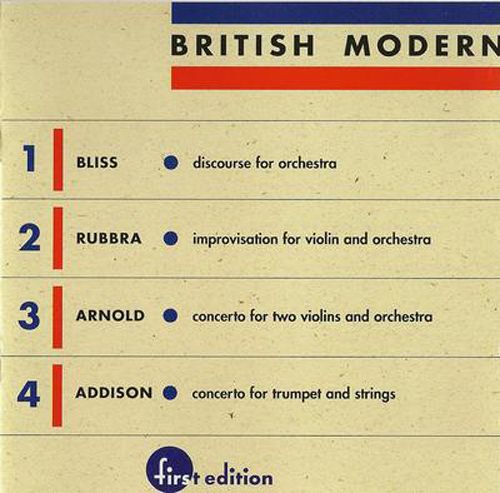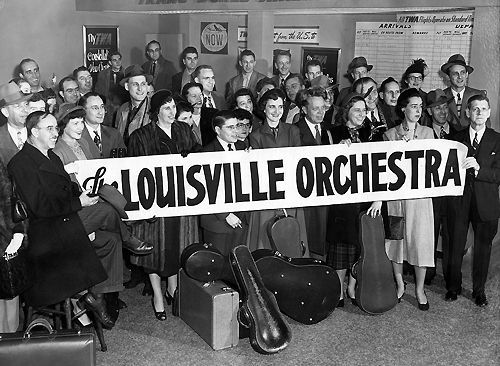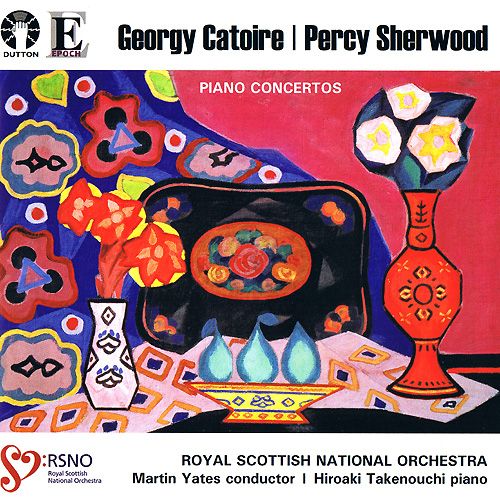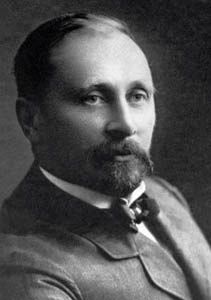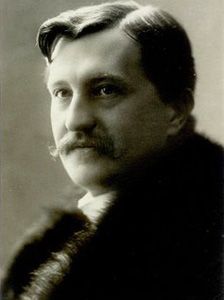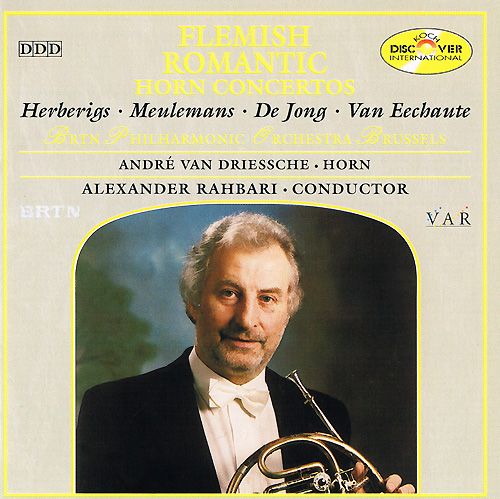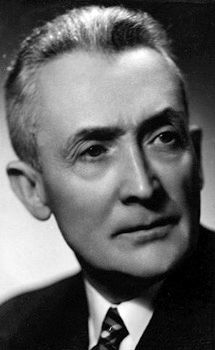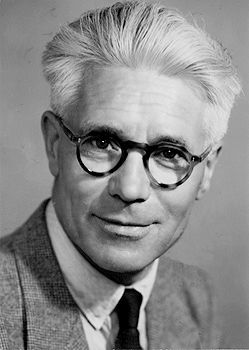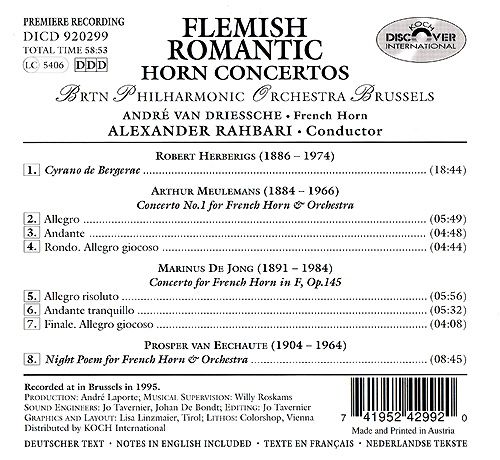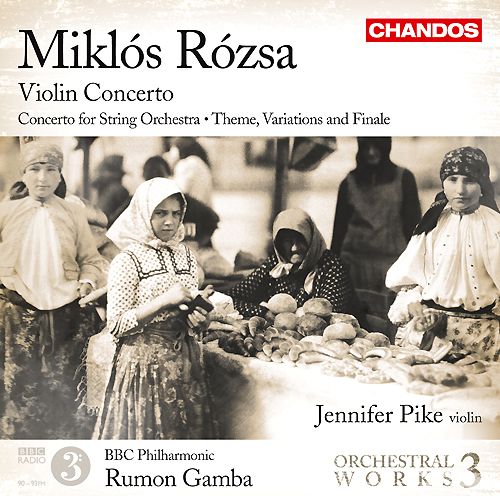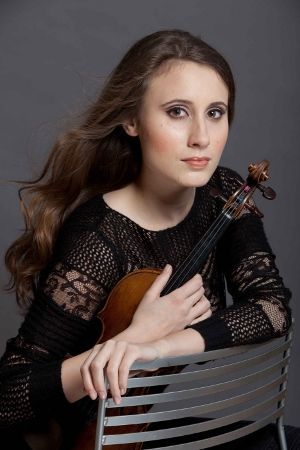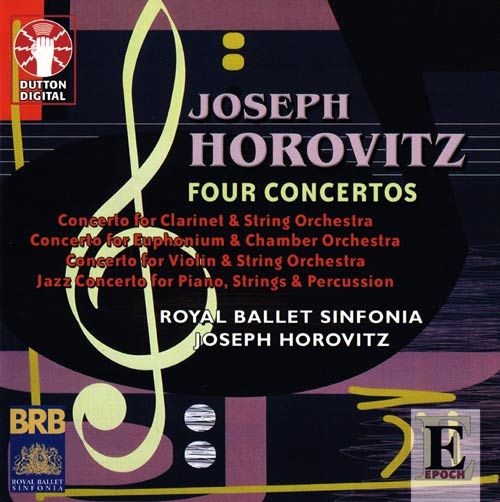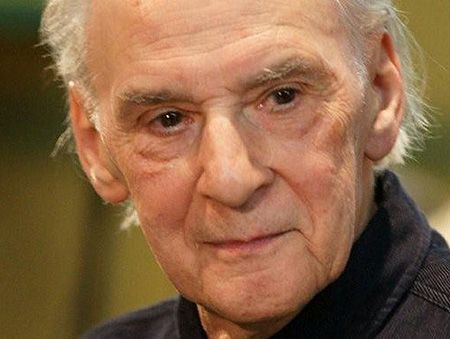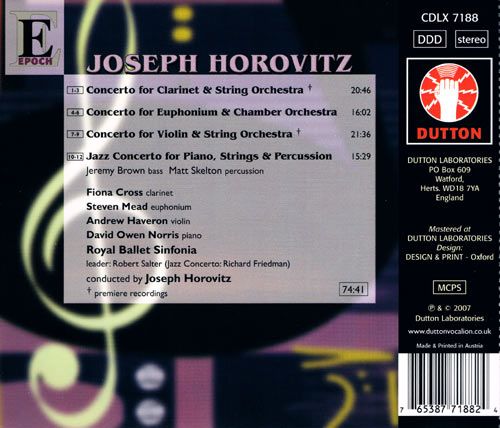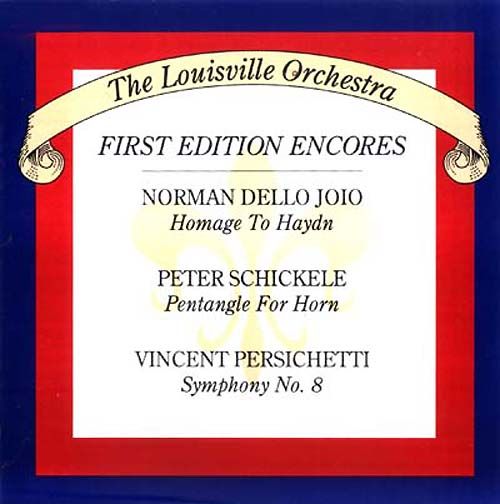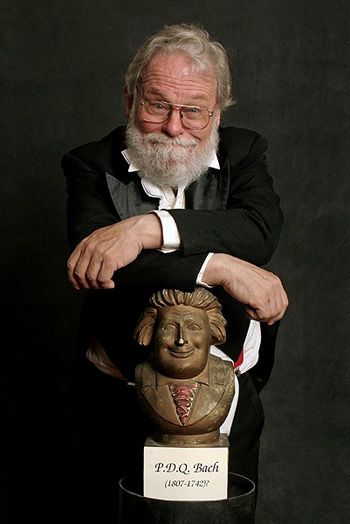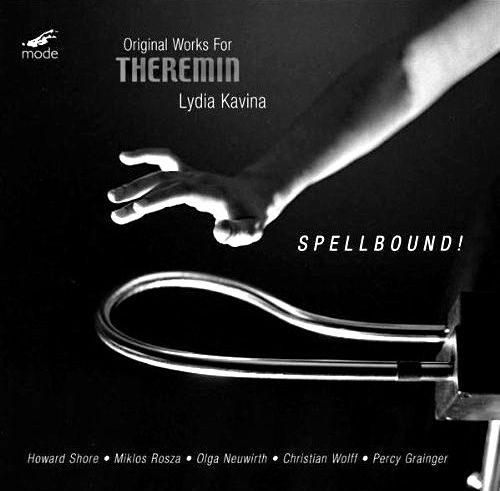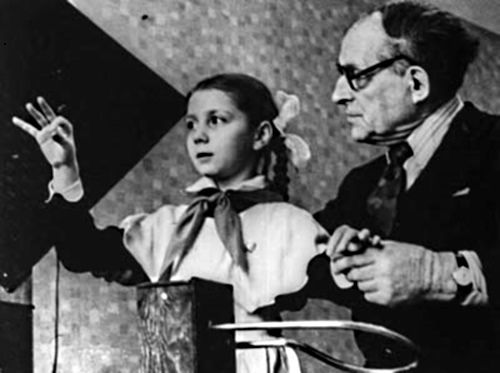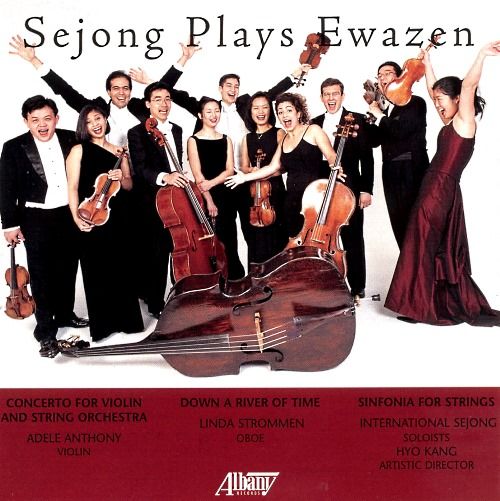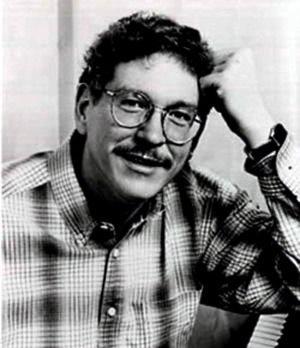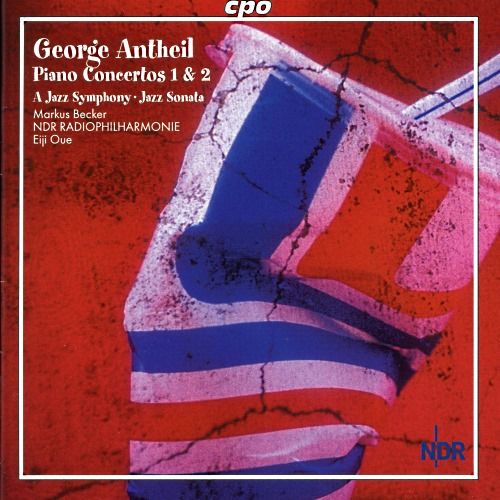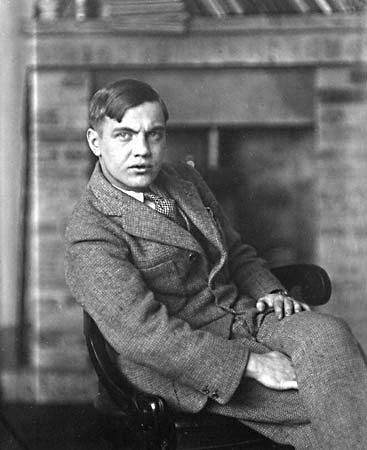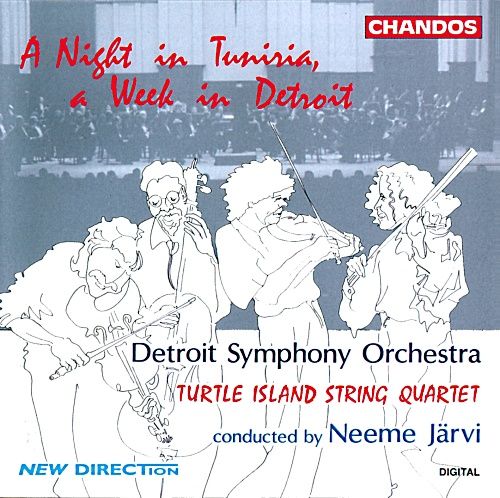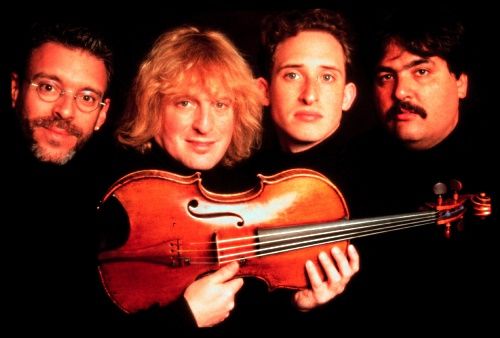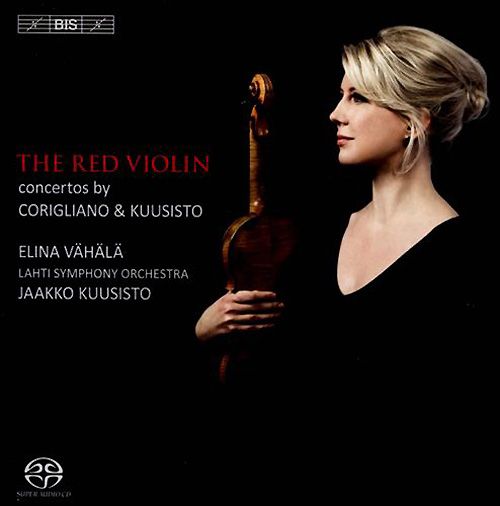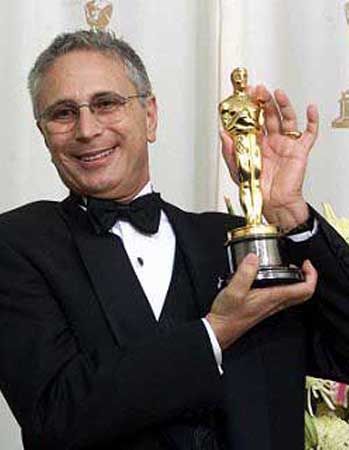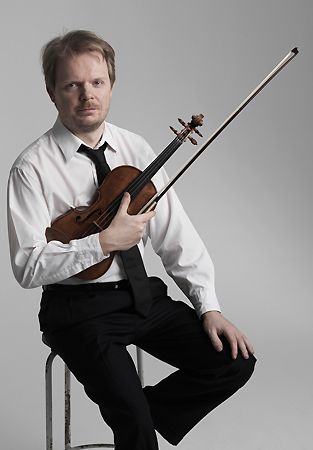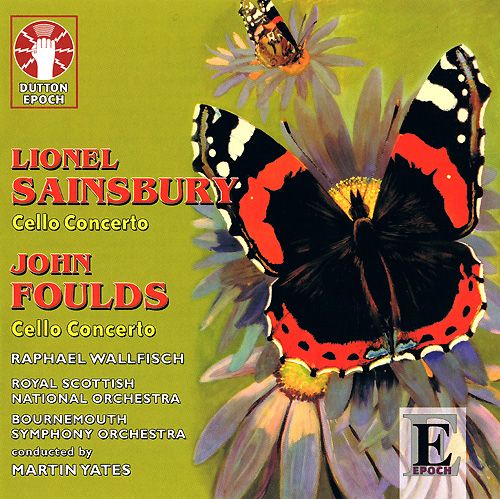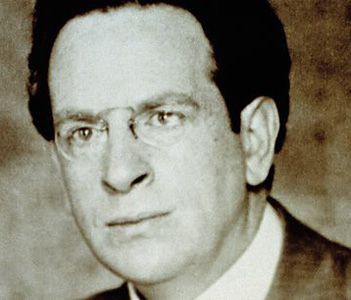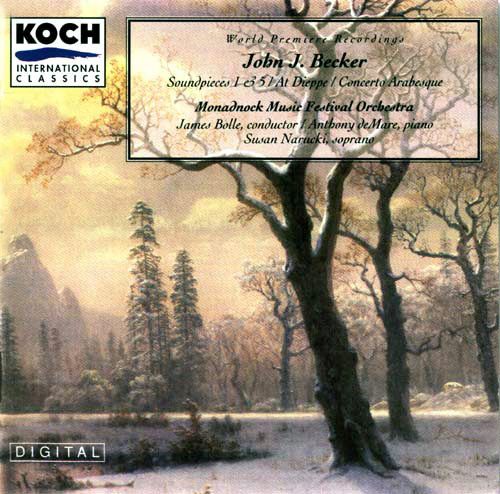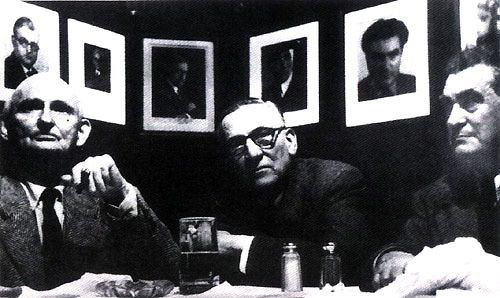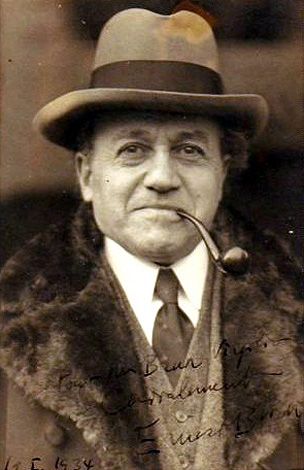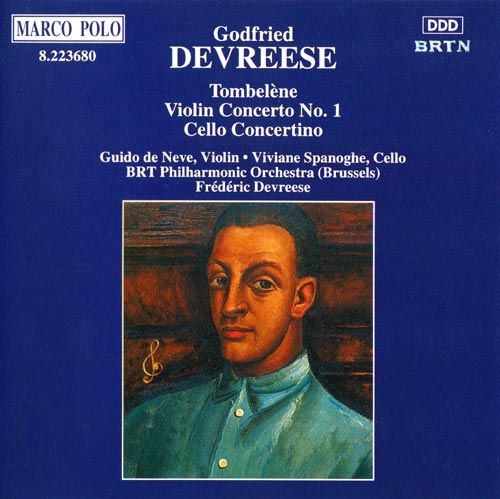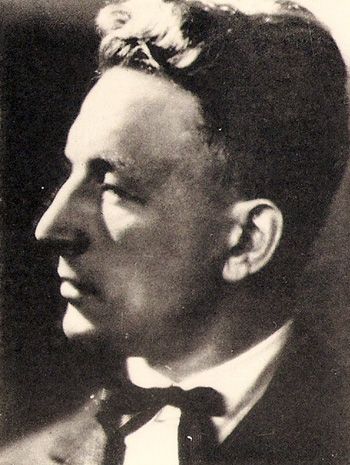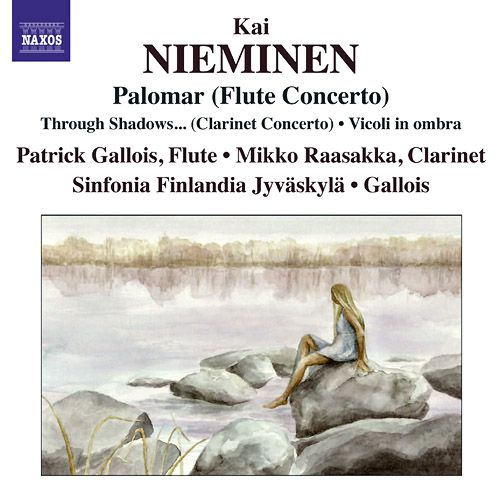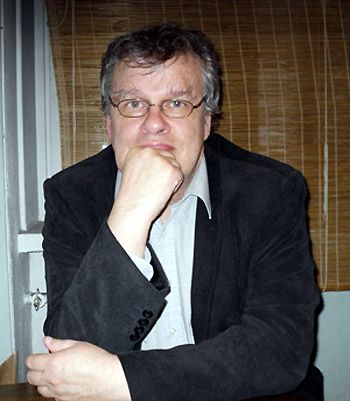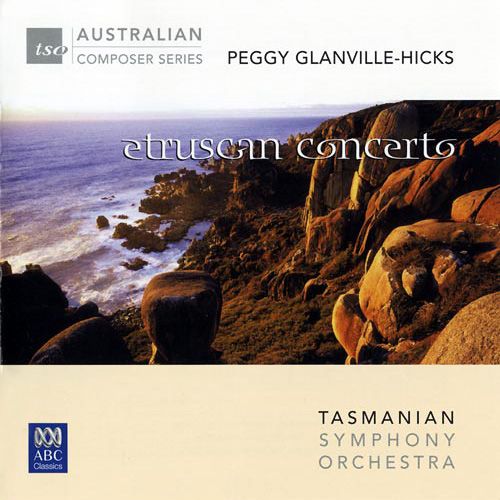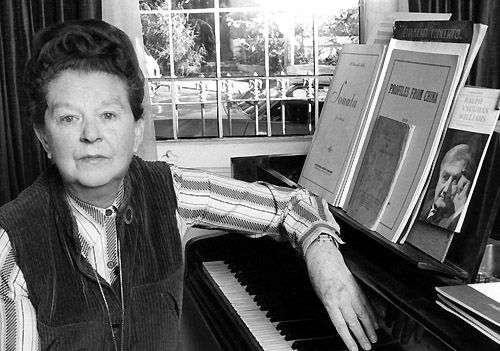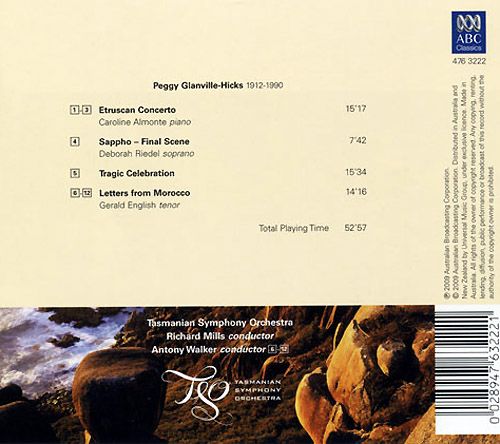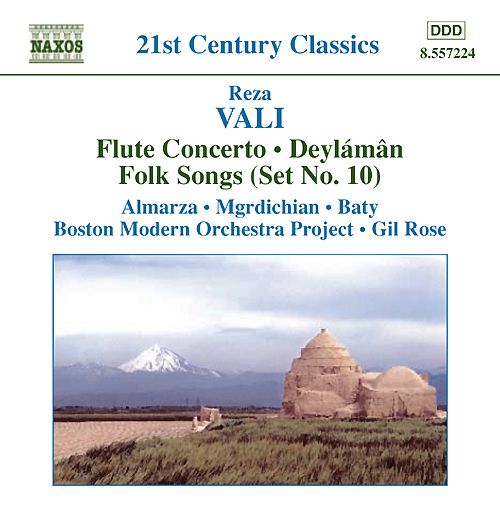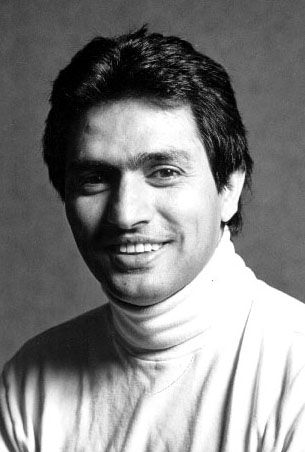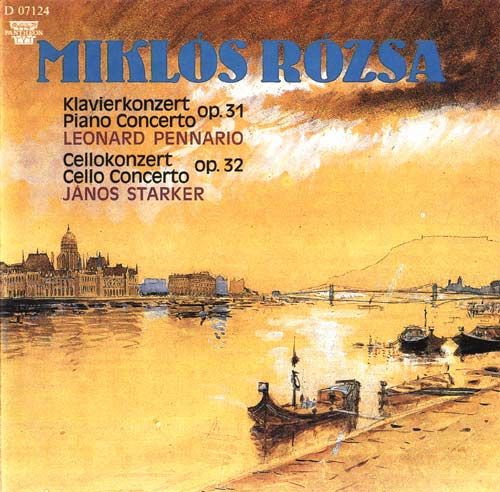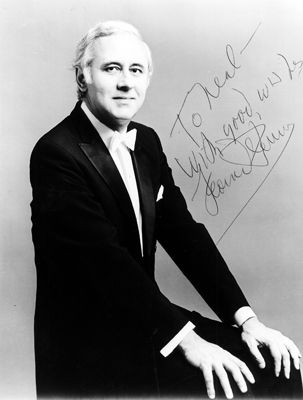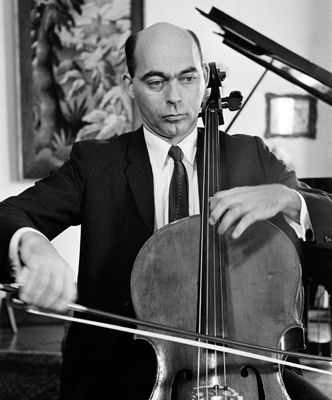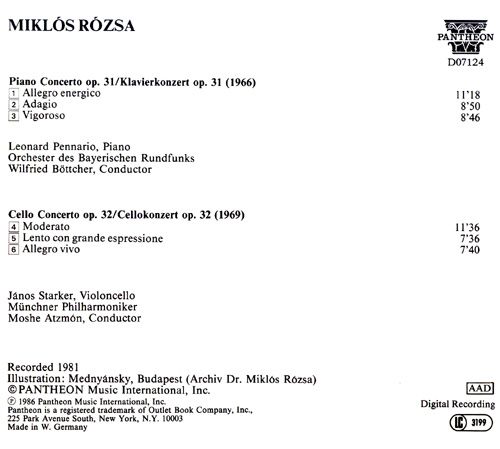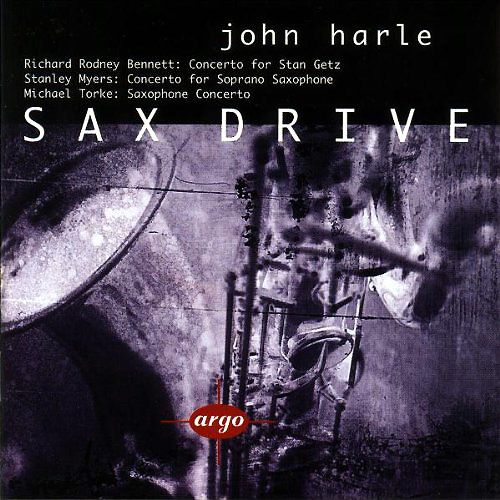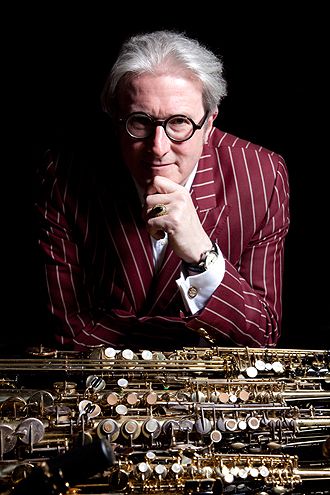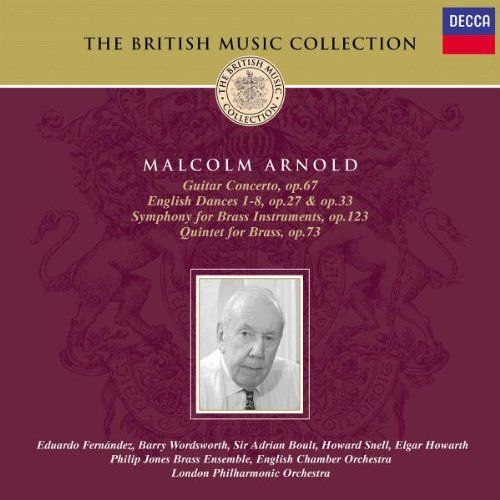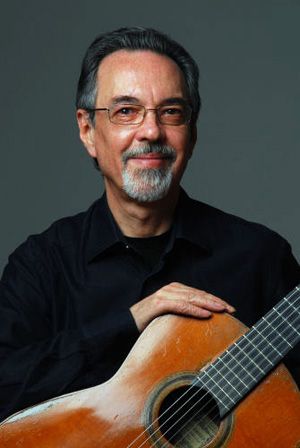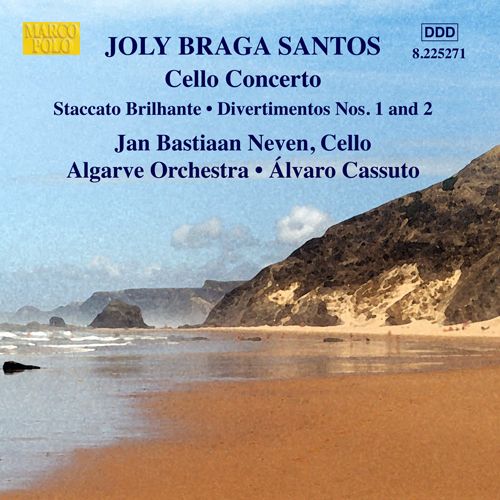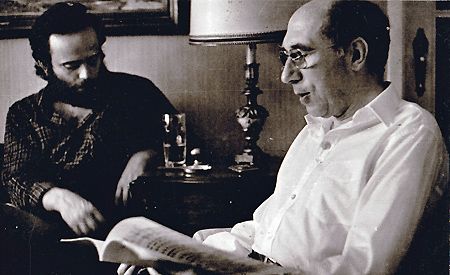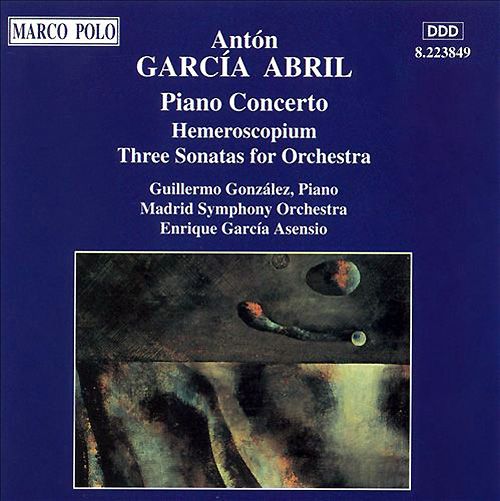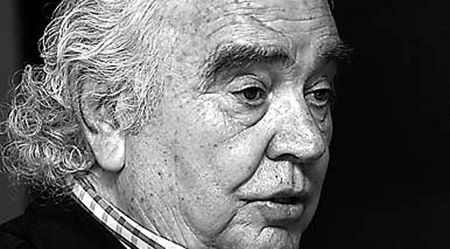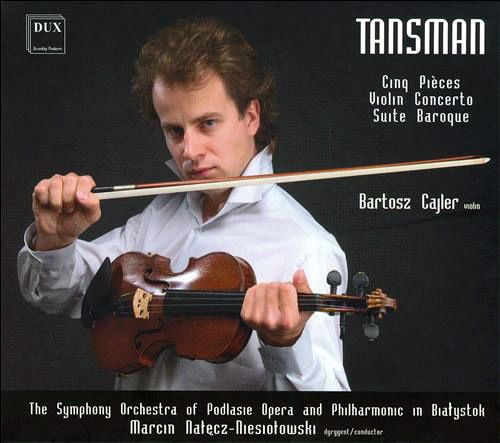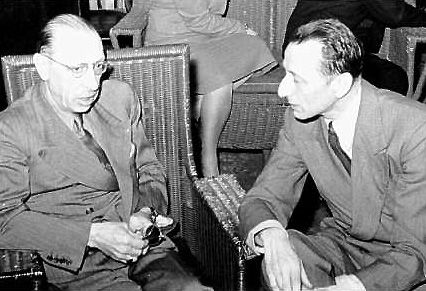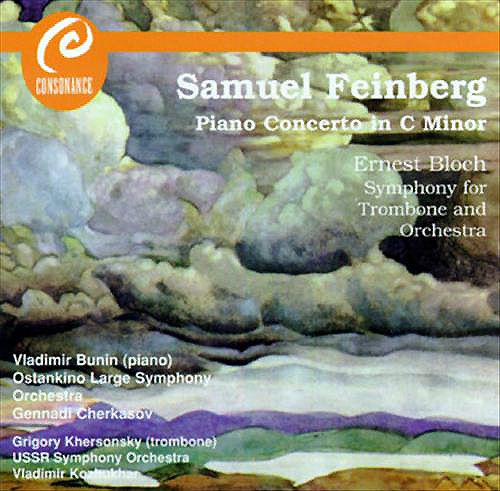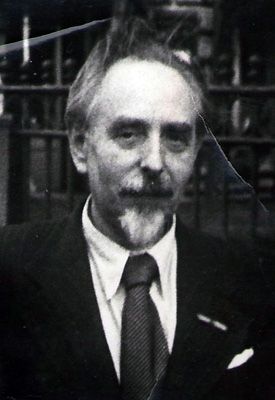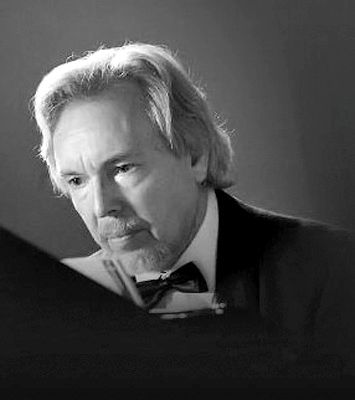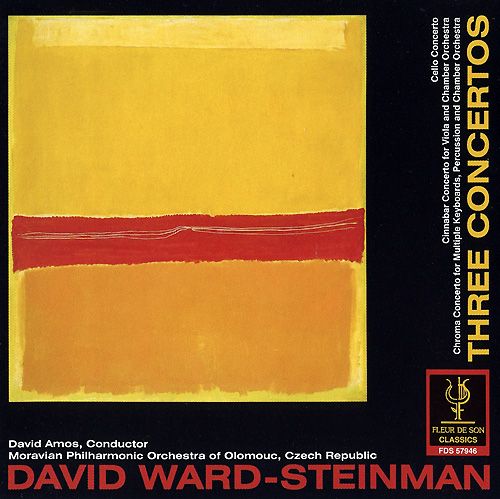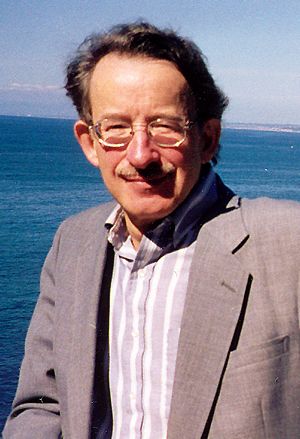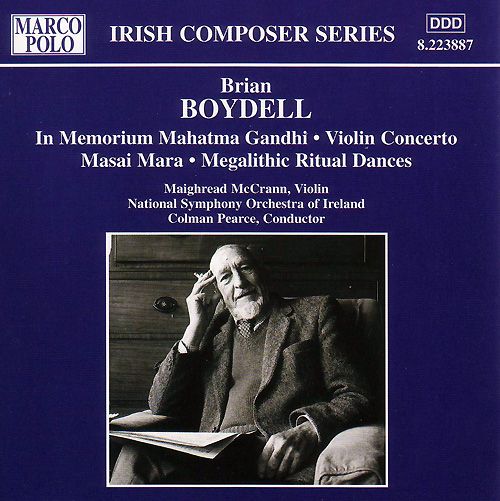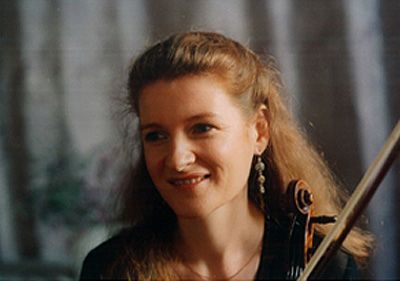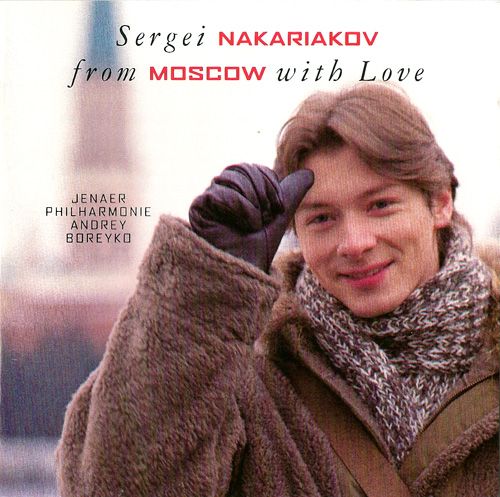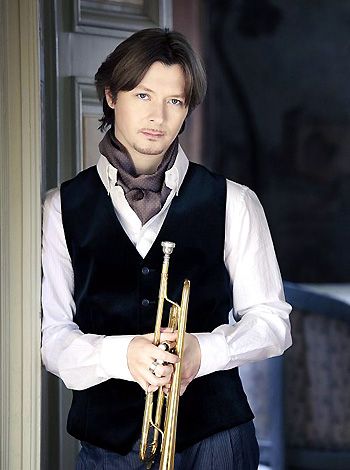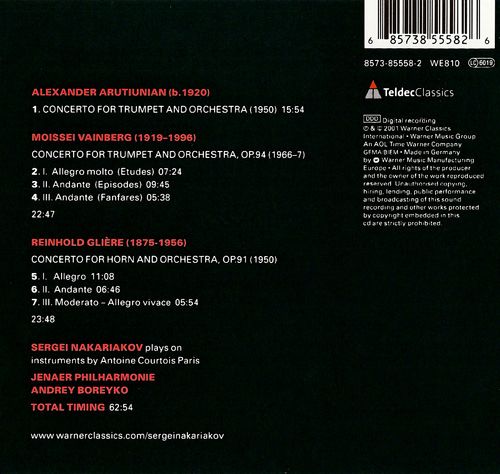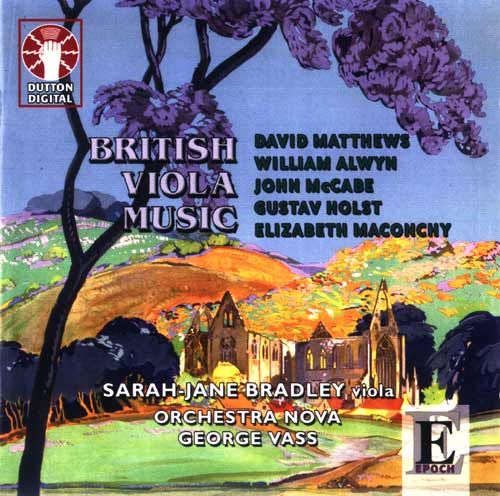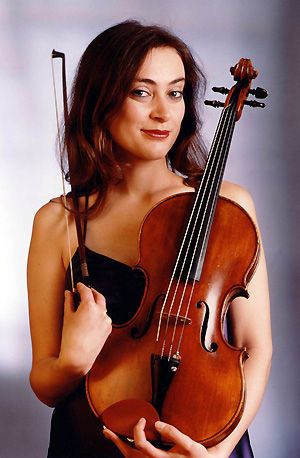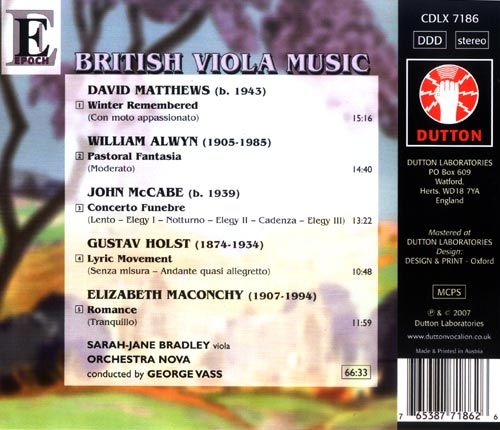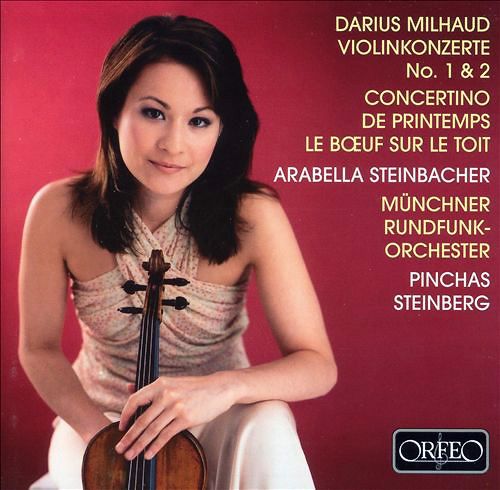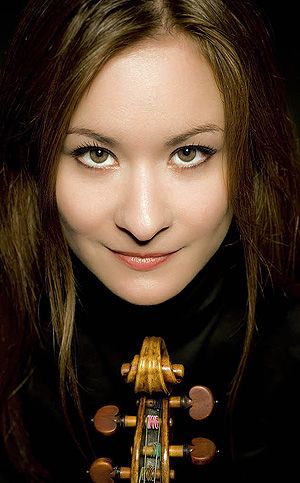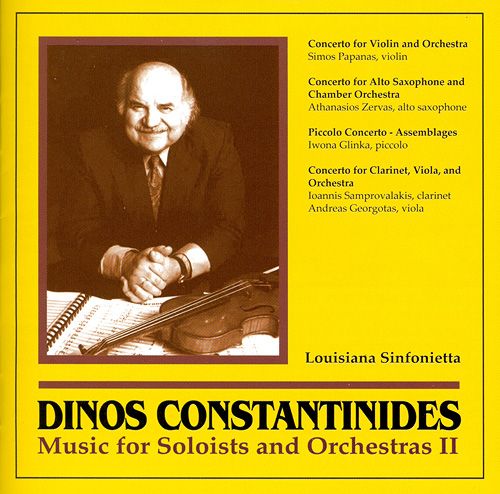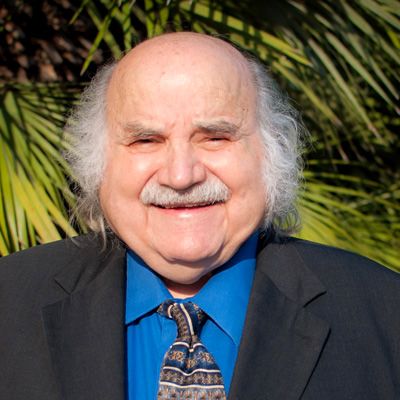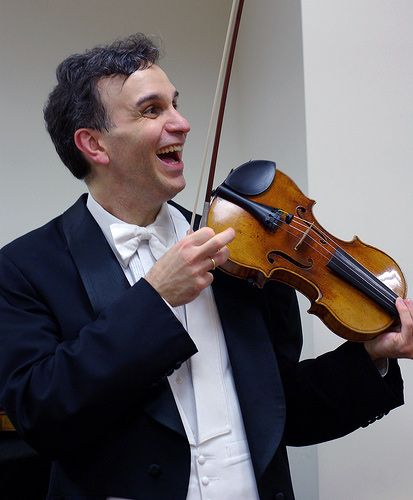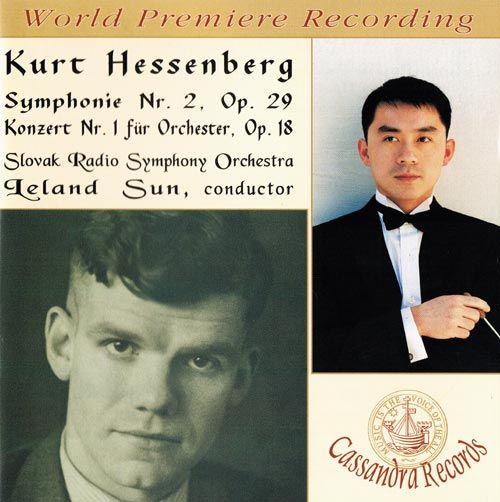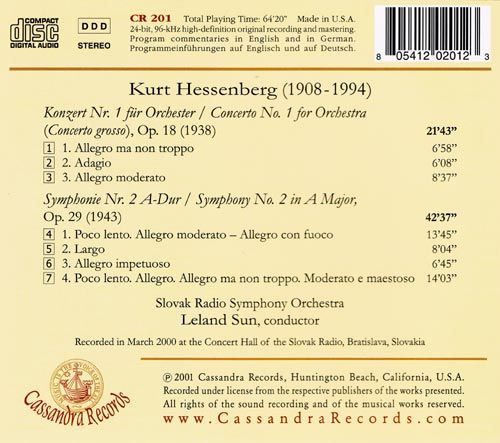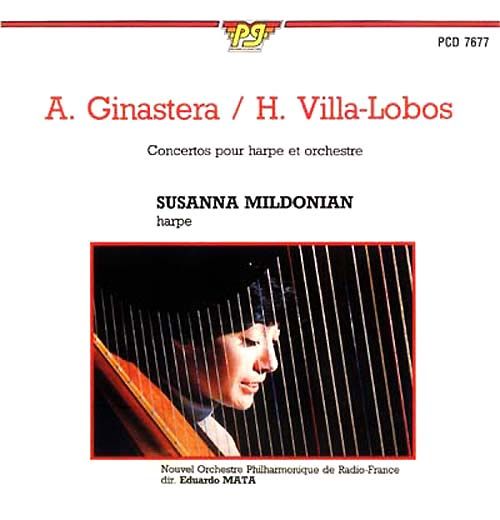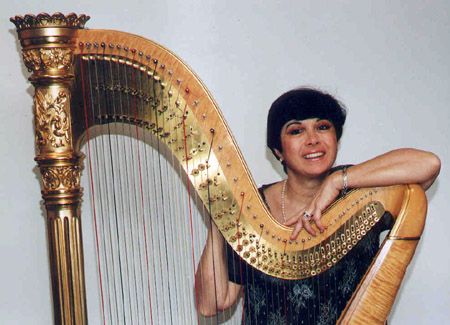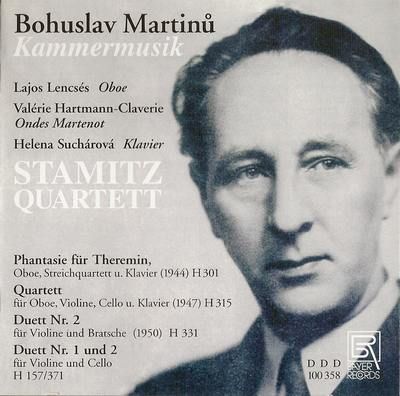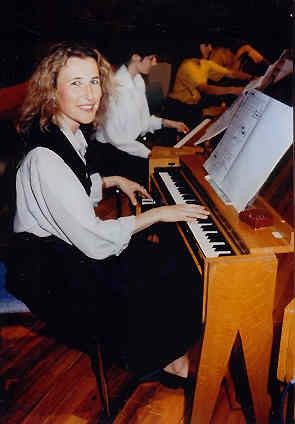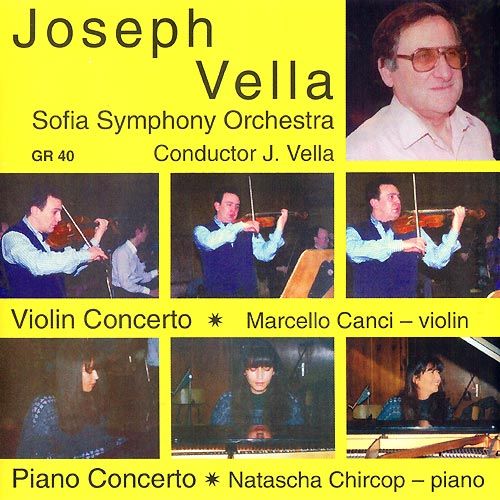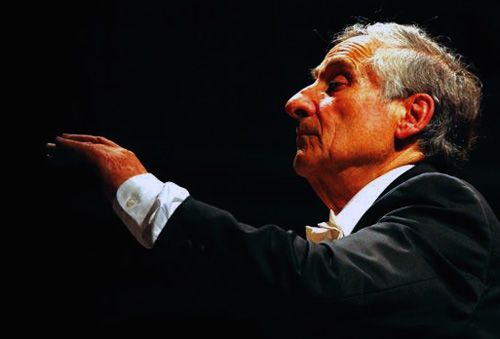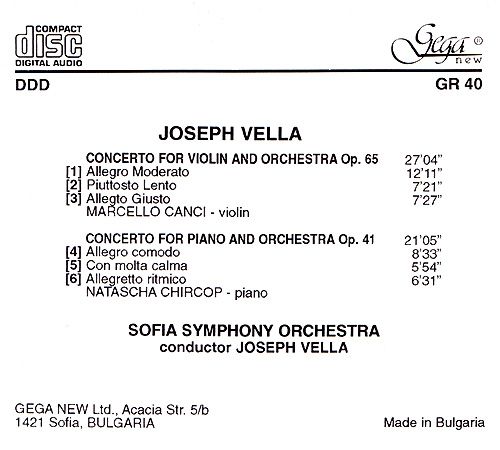wimpel69
04-07-2013, 05:06 PM
Please, if you request a certain album and/or work, please do so by sending me a PM!
Note: New uploads will be made "along the way",
so you'll have to browse through the thread to pick up all the releases.
Suggestions for other discs/works or requests are are welcome as PM's. Enjoy!
Note: The later uploads are also available in FLAC(lossless), but only
by PM request and only for a limited time. Those marked with "FLAC Link expired" are still availble
in mp3, but requests for those in FLAC will not get a reply!
If you can't see covers/photos, then it will be because you guys exhausted the bandwidth
with my free image server.
A word about the upload server: Everybody can use MEGA. Preferred browsers are Firefox 22+
with a plugin the site asks you to install when you first open it), or CHROME 28.0+.
Also, reportedly, a software called jdownloader works flawlessy with MEGA links!
Beginning with upload No.28, I've also been posting mp3 versions of each album. Predictably, the depositfiles links
went down quickly, so I switched to MEGA for those, too.
If you experience any problems with MEGA in Firefox (which sometimes occur after an update of the browser), try and
(re-)install the MEGA plugin for Firefox: https://addons.mozilla.org/de/firefox/addon/meganz/ - It always does the trick for me! :)
Have fun - and please click on "LIKE" if you downloaded
and enjoyed a release.
Last October I started a thread on classical "program music", which you can find here:
Thread 121898
I did this for a number of reasons. First off, this is primarily a film music board, and film music is an extension, if you will,
or continuation, of 19th century program music (Franz Liszt, Richard Wagner, Richard Strauss - the lot). There are differences,
e.g. that a Liszt tone poem didn't have to conform to a specific scene or to a very specific duration (say, like 2 minutes 46 seconds),
or that a musical score may be drowned out by dialogue, or a myriad of noises and special effects - but these differences are minor -
at least musically, as countless examples provided by outstanding film composers over the decades have shown. Jerry Goldsmith,
one of the great 20th century film composers, said: "The fact that certain composers have been able to create first-class music
within the medium of film proves that film music can be as good as the composer is gifted." He was right. And Goldsmith, as well
as Bernard Herrmann and a few others, will no doubt be recognized by future generations of more open-minded classical scholars
as having been among the most important composers of the 20th century. The vast majority of film composers though will be
recognized for what they always were: hacks.
Also, 95% of all film music composed over the past 110 years are total crap, whereas even weaker examples of "autonomous"
classical music are at least listenable. Most film music was never meant to be heard independently, a convenient truth that
helped mask the total lack of talent or craftsmanship of many a film composer. Composing music is a craft(!), which has to be
studied, and even a man with few or no original ideas will be able to create, a sufficiently acceptable piece of music once
he has learned, again, the craft. This is true of both classical and film composers. Unfortunately, film music history is littered
with inferior people who never bothered to learn the craft, and have no original ideas either. Or, which IMHO is worse, may
have the craft but dumb it down to please stupid film producers, as well as stupid, or musically uneducated, audiences.
Film music has its roots in classical music. There may have been trends and fashions over the years that have
blurred that tradition, but time and again, background film music has returned to its roots. And it always will.
This is why I think it's important for any fan of film music to know the heritage, and the continuing tradition of fine concert
music that exists today. Hans Zimmer's simplistic, Rock-based orchestral/synthetic drones may be "state of the (non)art"
today, but they won't last. You can fool all the people some of the time, and you may even fool some people all of the time,
but you can't fool all the people all of the time. Lincoln said that, AFAIR. John Carpenter's "scores" for his 1970s/80s horror
films are another example of non-music that works in the films, but is an embarrassment of sorts when listened to outside
of the movies. A certain pedal-point may tingle your midriff (if that's the term) - that doesn't make it good music. To be
brutally honest, it doesn't even make it music.
In this thread, I'm going to post a selection of recordings of classical "concertante works"
- which means, pieces composed for a solo instrument (or couple of instruments) and
symphony orchestra.
Please note:
I have started a "Desert Island Discs" thread for everyone who loves classical music to post/upload their 5 favorite albums:
Thread 136063
Formats can be lossy (192kHz or better) or lossless. I'm hoping for a healthy response ...
No.1
The first release features Aaron Copland's Violin Concerto. Wait a minute! Aaron Copland
did not compose a violin concerto. That's right. It's an arrangement of this composer's
Violin Sonata, with orchestra, provided by other hands. Coupled here with actual
violin concertos by Samuel Barber and David Stock.
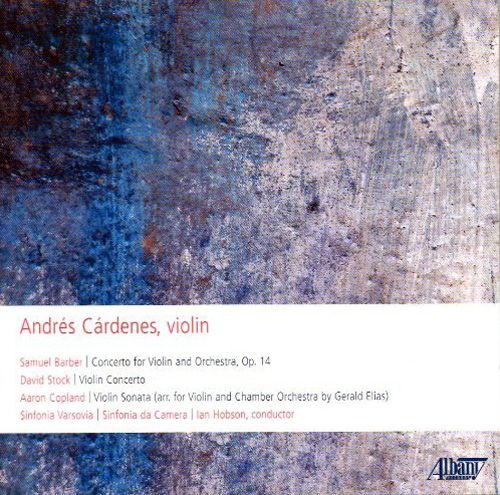
Music by Samuel Barber, David Stock and Aaron Copland
Played by the Sinfonia Varsovia and Sinfonia da Camera
With Andr�s Card�nes (violin)
Conducted by Ian Hobson
"After a successful and well-regarded recording of the Brahms and Mendelssohn violin concertos,
violinist Andr�s C�rdenes returns, this time on the Albany Records label, for a selection of American
compositions for violin and orchestra. C�rdenes brings the same synthesis of detailed, precision
playing and robust, warm musical interpretation to this album. The Sinfonia Varsovia is again
C�rdenes' orchestra of choice, again led by conductor Ian Hobson, and this time delivers an
even more solid, vigorous performance than before. Gorgeous solos from the woodwinds in
the Barber concerto and strong, percussive rhythmicity in the David Stock concerto prove
that Sinfonia Varsovia can indeed hold its own. Also on the program is the Copland violin
sonata, arranged and published for violin and chamber orchestra by Gerald Elias during
Copland's lifetime; this composition is accompanied by the Sinfonia de Camera. C�rdenes'
playing is impressive throughout for its beauty of tone in both lyrical and rhythmic sections
of the concertos. His vibrato, particularly in the slow movements of the Barber and Copland,
is completely satisfying and almost comforting. The only possible let down is C�rdenes' tempo
selection in the "perpetual motion" movements of both the Barber and Stock concertos. With
such an abundant technique from which to draw, these movements are surprisingly slow and
safe, and the orchestra seems to only be tentatively keeping up with Barber's Presto even at
the slower tempo. Still, C�rdenes playing is so enjoyable, clean, and well-thought-out that
this album is still sure to be enjoyed."
All Music
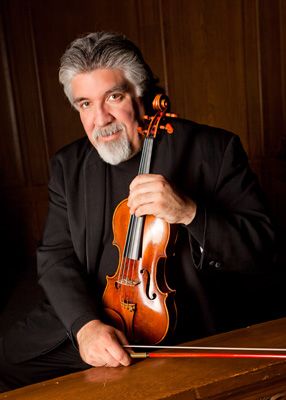
Source: Albany Records (my rip!)
Format: FLAC, DDD Stereo
File Size: 294 MB
Download Link (re-up): https://mega.nz/#!rRY2CSDA!jforGwLnOk9AaqpUmrI_JJ0UP8OGQ9-avX3lqjw79TM
/>
Enjoy! Don't share! Buy the original! :)
Note: New uploads will be made "along the way",
so you'll have to browse through the thread to pick up all the releases.
Suggestions for other discs/works or requests are are welcome as PM's. Enjoy!
Note: The later uploads are also available in FLAC(lossless), but only
by PM request and only for a limited time. Those marked with "FLAC Link expired" are still availble
in mp3, but requests for those in FLAC will not get a reply!
If you can't see covers/photos, then it will be because you guys exhausted the bandwidth
with my free image server.
A word about the upload server: Everybody can use MEGA. Preferred browsers are Firefox 22+
with a plugin the site asks you to install when you first open it), or CHROME 28.0+.
Also, reportedly, a software called jdownloader works flawlessy with MEGA links!
Beginning with upload No.28, I've also been posting mp3 versions of each album. Predictably, the depositfiles links
went down quickly, so I switched to MEGA for those, too.
If you experience any problems with MEGA in Firefox (which sometimes occur after an update of the browser), try and
(re-)install the MEGA plugin for Firefox: https://addons.mozilla.org/de/firefox/addon/meganz/ - It always does the trick for me! :)
Have fun - and please click on "LIKE" if you downloaded
and enjoyed a release.
Last October I started a thread on classical "program music", which you can find here:
Thread 121898
I did this for a number of reasons. First off, this is primarily a film music board, and film music is an extension, if you will,
or continuation, of 19th century program music (Franz Liszt, Richard Wagner, Richard Strauss - the lot). There are differences,
e.g. that a Liszt tone poem didn't have to conform to a specific scene or to a very specific duration (say, like 2 minutes 46 seconds),
or that a musical score may be drowned out by dialogue, or a myriad of noises and special effects - but these differences are minor -
at least musically, as countless examples provided by outstanding film composers over the decades have shown. Jerry Goldsmith,
one of the great 20th century film composers, said: "The fact that certain composers have been able to create first-class music
within the medium of film proves that film music can be as good as the composer is gifted." He was right. And Goldsmith, as well
as Bernard Herrmann and a few others, will no doubt be recognized by future generations of more open-minded classical scholars
as having been among the most important composers of the 20th century. The vast majority of film composers though will be
recognized for what they always were: hacks.
Also, 95% of all film music composed over the past 110 years are total crap, whereas even weaker examples of "autonomous"
classical music are at least listenable. Most film music was never meant to be heard independently, a convenient truth that
helped mask the total lack of talent or craftsmanship of many a film composer. Composing music is a craft(!), which has to be
studied, and even a man with few or no original ideas will be able to create, a sufficiently acceptable piece of music once
he has learned, again, the craft. This is true of both classical and film composers. Unfortunately, film music history is littered
with inferior people who never bothered to learn the craft, and have no original ideas either. Or, which IMHO is worse, may
have the craft but dumb it down to please stupid film producers, as well as stupid, or musically uneducated, audiences.
Film music has its roots in classical music. There may have been trends and fashions over the years that have
blurred that tradition, but time and again, background film music has returned to its roots. And it always will.
This is why I think it's important for any fan of film music to know the heritage, and the continuing tradition of fine concert
music that exists today. Hans Zimmer's simplistic, Rock-based orchestral/synthetic drones may be "state of the (non)art"
today, but they won't last. You can fool all the people some of the time, and you may even fool some people all of the time,
but you can't fool all the people all of the time. Lincoln said that, AFAIR. John Carpenter's "scores" for his 1970s/80s horror
films are another example of non-music that works in the films, but is an embarrassment of sorts when listened to outside
of the movies. A certain pedal-point may tingle your midriff (if that's the term) - that doesn't make it good music. To be
brutally honest, it doesn't even make it music.
In this thread, I'm going to post a selection of recordings of classical "concertante works"
- which means, pieces composed for a solo instrument (or couple of instruments) and
symphony orchestra.
Please note:
I have started a "Desert Island Discs" thread for everyone who loves classical music to post/upload their 5 favorite albums:
Thread 136063
Formats can be lossy (192kHz or better) or lossless. I'm hoping for a healthy response ...
No.1
The first release features Aaron Copland's Violin Concerto. Wait a minute! Aaron Copland
did not compose a violin concerto. That's right. It's an arrangement of this composer's
Violin Sonata, with orchestra, provided by other hands. Coupled here with actual
violin concertos by Samuel Barber and David Stock.

Music by Samuel Barber, David Stock and Aaron Copland
Played by the Sinfonia Varsovia and Sinfonia da Camera
With Andr�s Card�nes (violin)
Conducted by Ian Hobson
"After a successful and well-regarded recording of the Brahms and Mendelssohn violin concertos,
violinist Andr�s C�rdenes returns, this time on the Albany Records label, for a selection of American
compositions for violin and orchestra. C�rdenes brings the same synthesis of detailed, precision
playing and robust, warm musical interpretation to this album. The Sinfonia Varsovia is again
C�rdenes' orchestra of choice, again led by conductor Ian Hobson, and this time delivers an
even more solid, vigorous performance than before. Gorgeous solos from the woodwinds in
the Barber concerto and strong, percussive rhythmicity in the David Stock concerto prove
that Sinfonia Varsovia can indeed hold its own. Also on the program is the Copland violin
sonata, arranged and published for violin and chamber orchestra by Gerald Elias during
Copland's lifetime; this composition is accompanied by the Sinfonia de Camera. C�rdenes'
playing is impressive throughout for its beauty of tone in both lyrical and rhythmic sections
of the concertos. His vibrato, particularly in the slow movements of the Barber and Copland,
is completely satisfying and almost comforting. The only possible let down is C�rdenes' tempo
selection in the "perpetual motion" movements of both the Barber and Stock concertos. With
such an abundant technique from which to draw, these movements are surprisingly slow and
safe, and the orchestra seems to only be tentatively keeping up with Barber's Presto even at
the slower tempo. Still, C�rdenes playing is so enjoyable, clean, and well-thought-out that
this album is still sure to be enjoyed."
All Music

Source: Albany Records (my rip!)
Format: FLAC, DDD Stereo
File Size: 294 MB
Download Link (re-up): https://mega.nz/#!rRY2CSDA!jforGwLnOk9AaqpUmrI_JJ0UP8OGQ9-avX3lqjw79TM
/>
Enjoy! Don't share! Buy the original! :)
